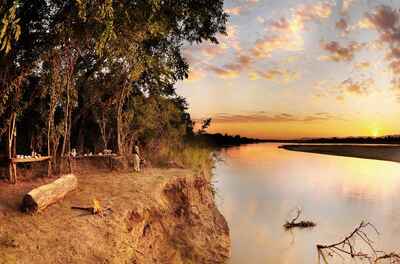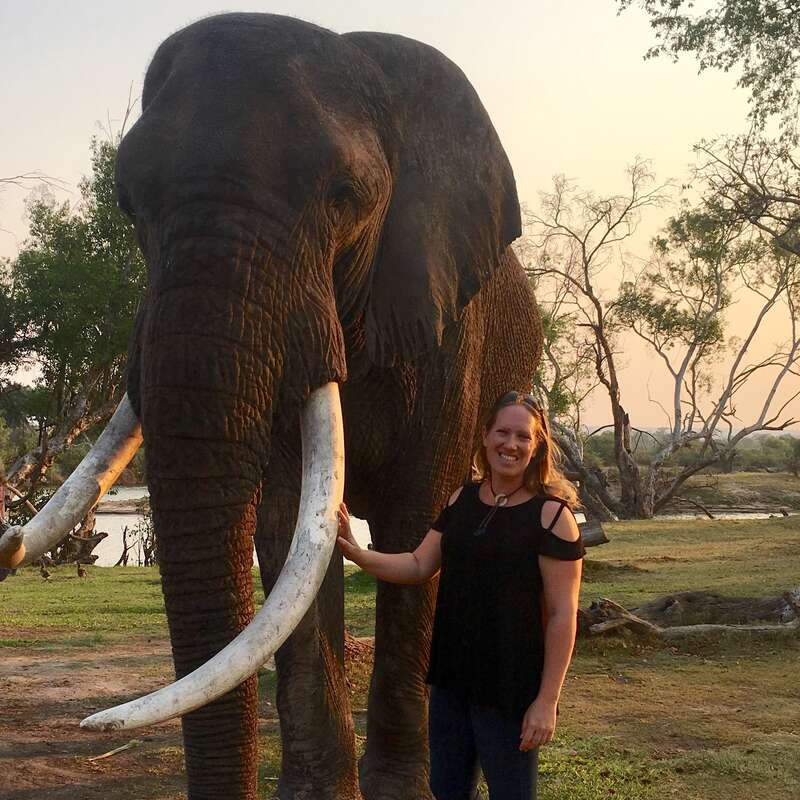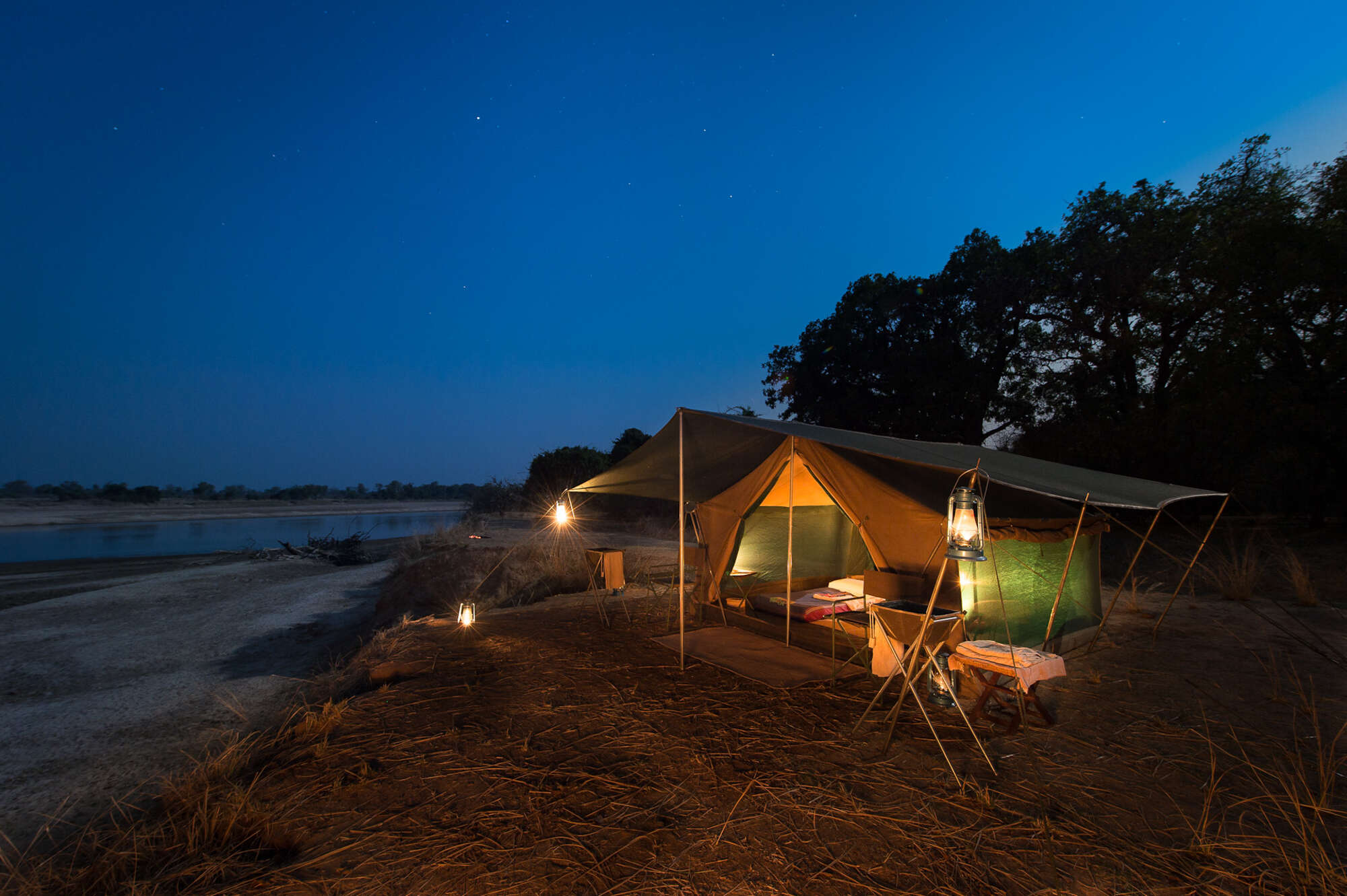About Bilimungwe Bushcamp
Bilimungwe Bushcamp is a small, stylish camp run by The Bushcamp Company in the remote southern section of ...
... the South Luangwa National Park. Set on a low rise surrounded by wildlife, it was completely rebuilt in 2011, with each chalet overlooking a group of shady waterholes where impala, puku, warthog, elephant and baboons are often seen coming to drink.
Bilimungwe is an excellent bushcamp that manages to be stylish and comfortable, while keeping enough rustic design choices to fit in well with the environment and maintain a bushcamp feeling. For those looking for a high quality, comfortable, wilderness camp, with great game viewing from the camp itself, then Bilimungwe would be a very good choice.
Our view
Bilimungwe is an excellent bushcamp that manages to be stylish and comfortable, while keeping enough rustic design choices to fit in well with the environment and maintain a bushcamp feeling. For those looking for a high quality, comfortable, wilderness camp, with great game viewing from the camp itself, then Bilimungwe would be a very good choice.
Accommodation
4 chalets
Children
Best for 14+
Open
12 May to 27 December
Activities

4WD Safari

Birdwatching

Cultural excursion

Guided walking safari

Night drive
Traveller reviews of Bilimungwe Bushcamp
14 real, un-edited reviews from Expert Africa's travellers.
Arrived 12 Jun 2025, 2 nights
"Bilimungwe Bushcamp review"
Overall rating: Excellent
Arrived 11 Aug 2024, 3 nights
"Bilimungwe Bushcamp review"
Overall rating: Excellent
Arrived 19 Jun 2018, 3 nights
"Wonderful Bilimungwe"
Overall rating: Excellent
Arrived 18 Nov 2016, 3 nights
"interesting stories at Bilimungwe"
Overall rating: Excellent
Arrived 6 Nov 2016, 3 nights
"Bilimungwe Bushcamp review"
Overall rating: Excellent
Arrived 18 Aug 2015, 2 nights
"Bilimungwe Bushcamp review"
Overall rating: Excellent
Arrived 30 Aug 2014, 2 nights
"Brilliant Bili"
Overall rating: Excellent
Arrived 23 Aug 2014, 3 nights
"Bilimungwe - what a location!"
Overall rating: Excellent
Arrived 4 Sep 2011, 2 nights
"Bilimungwe Bushcamp review"
Overall rating: Excellent
Arrived 23 Sep 2008, 3 nights
"elephant heaven at bili"
Overall rating: Excellent
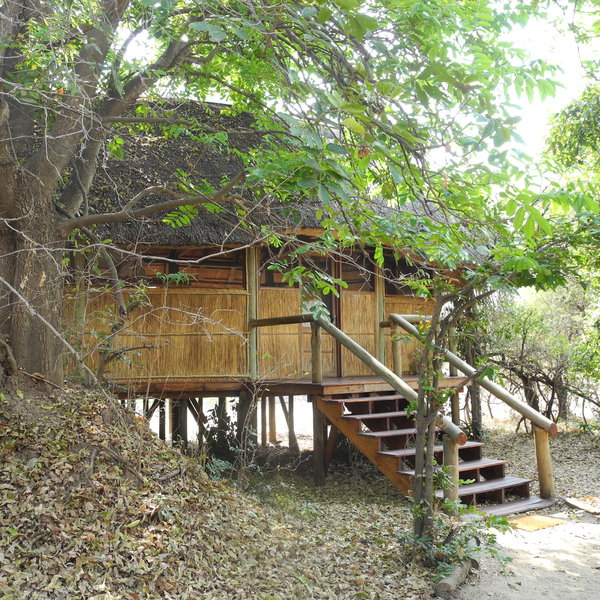
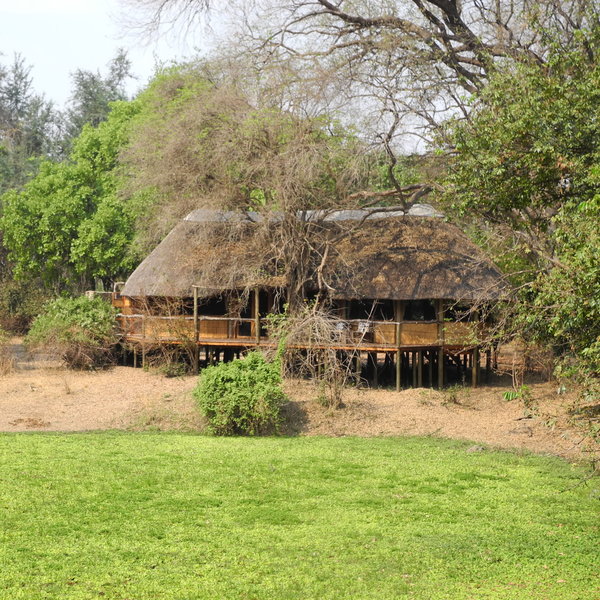
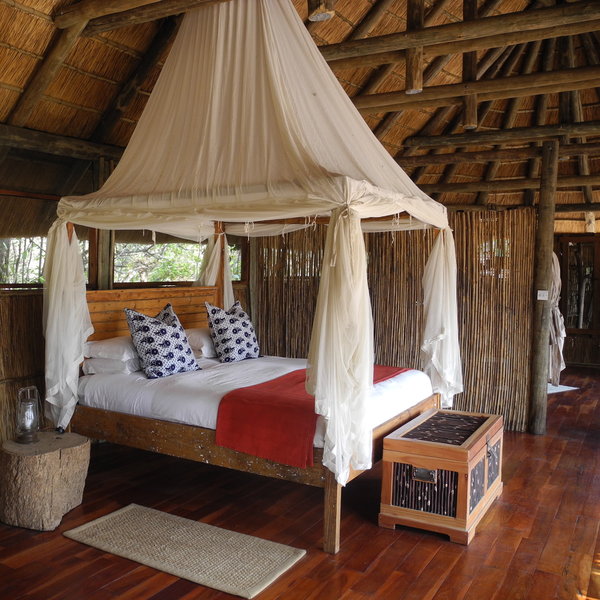
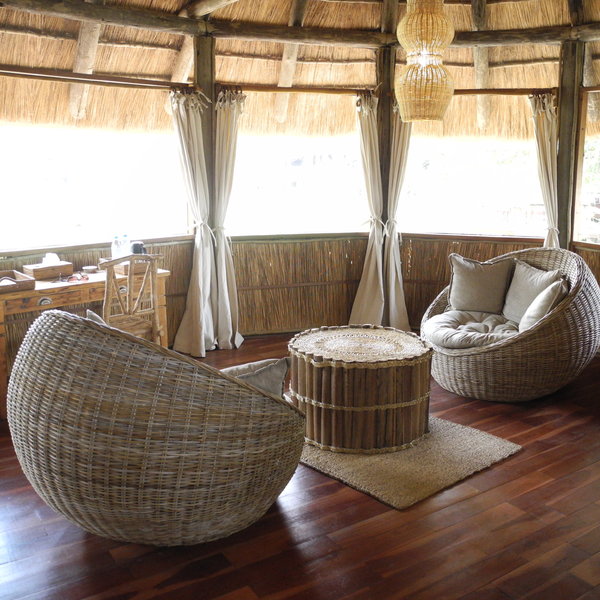
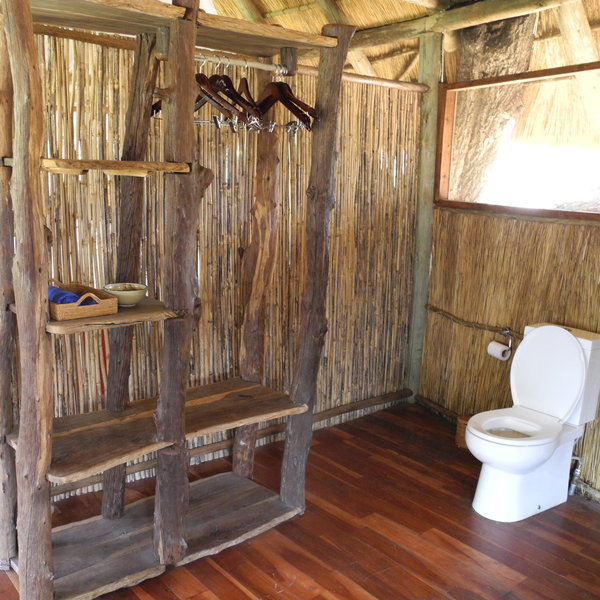
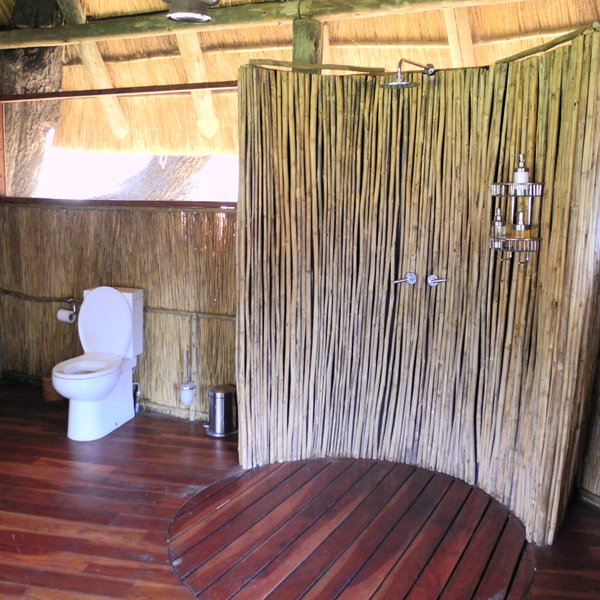
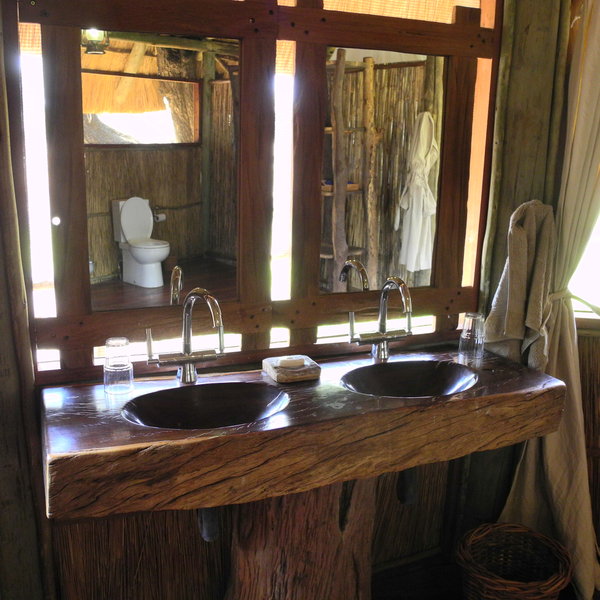
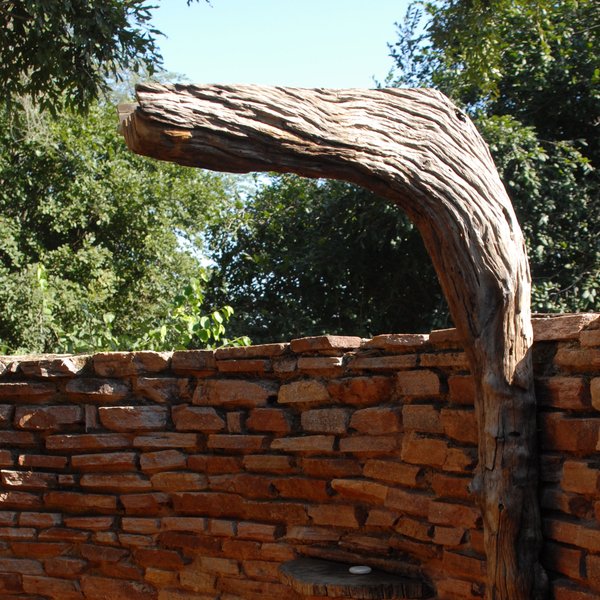
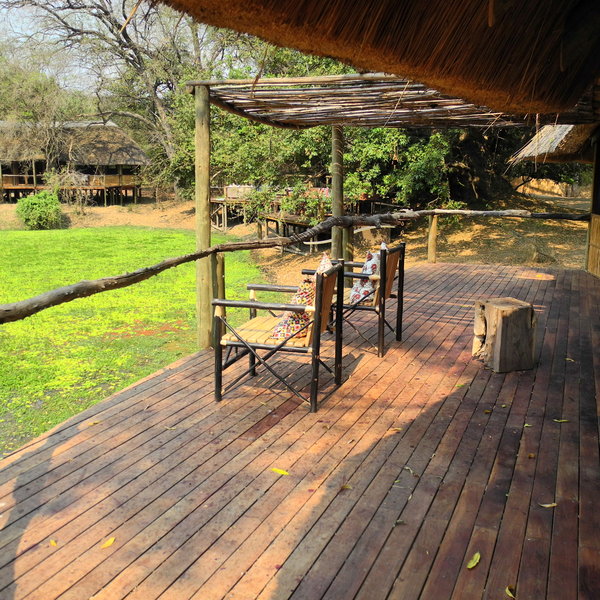
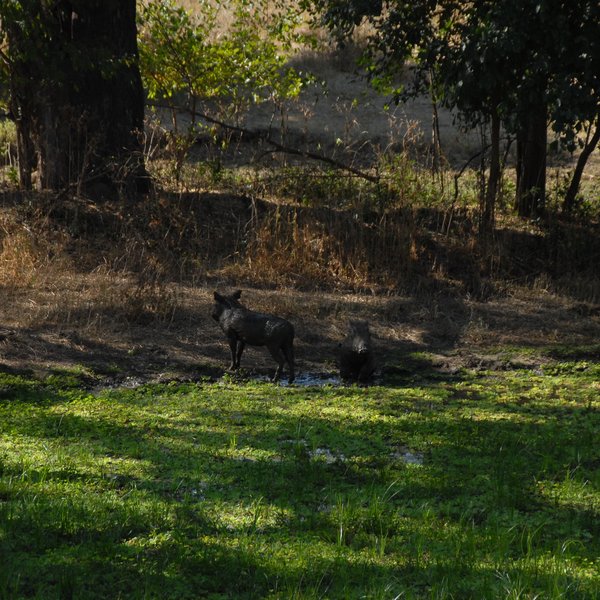
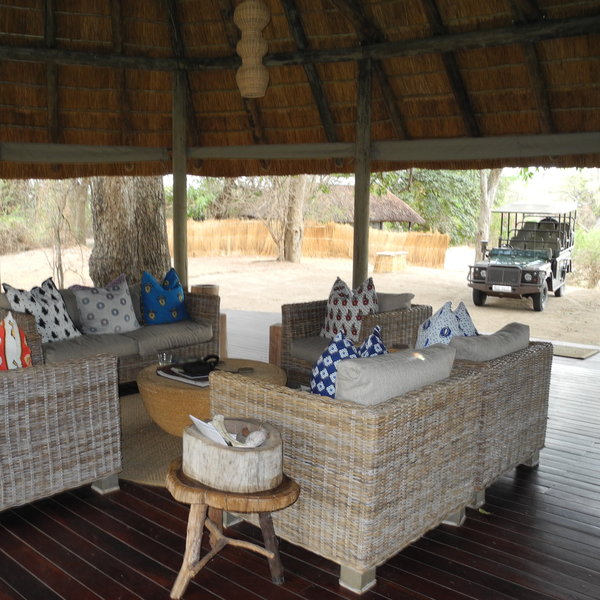
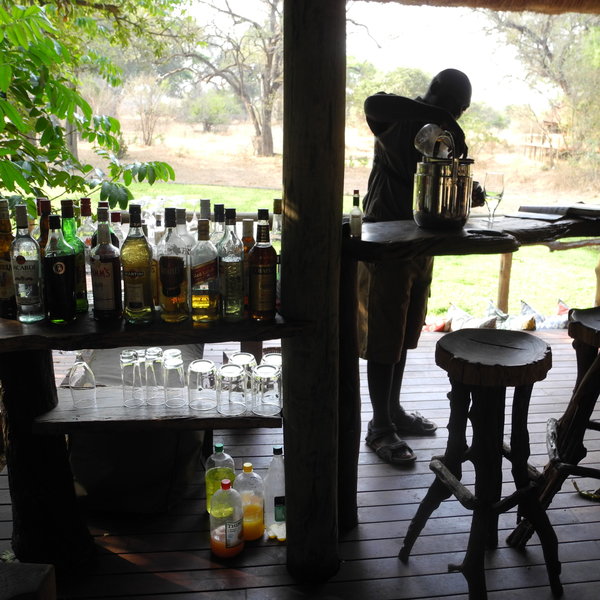
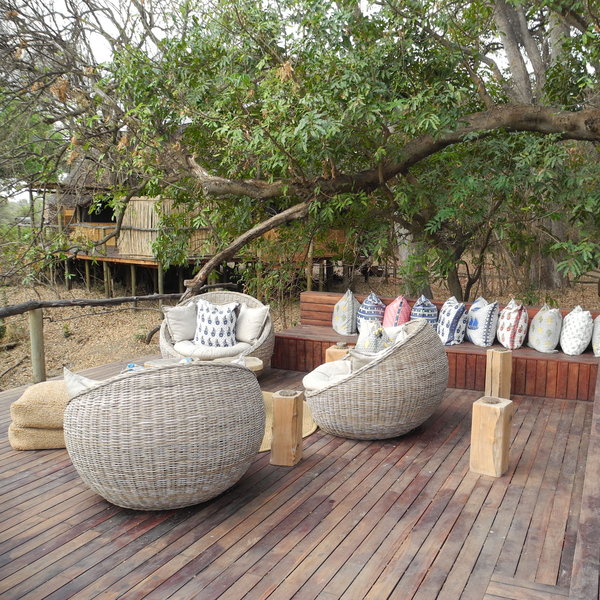
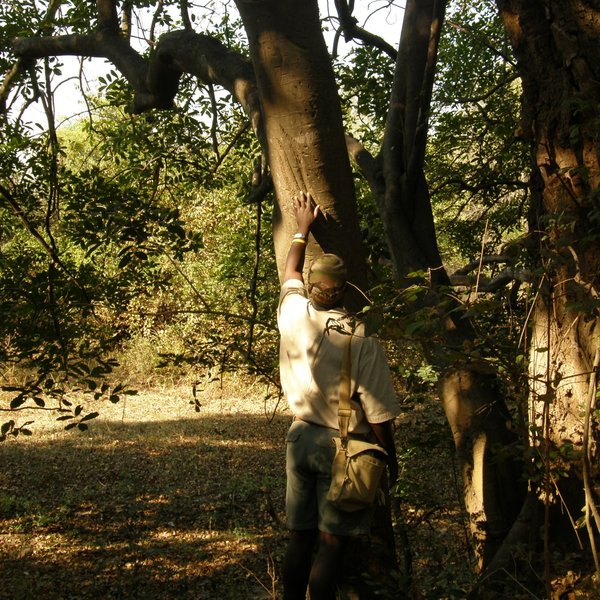
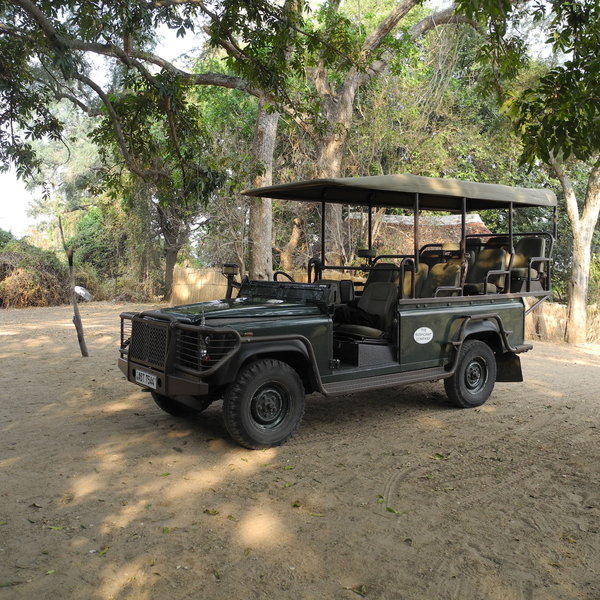
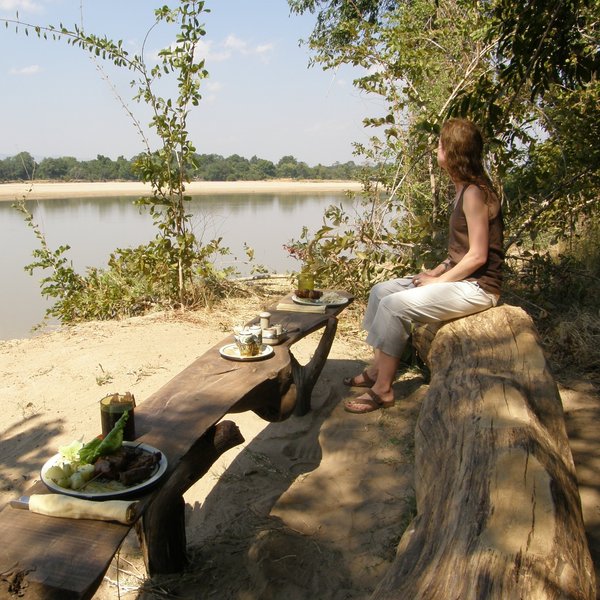
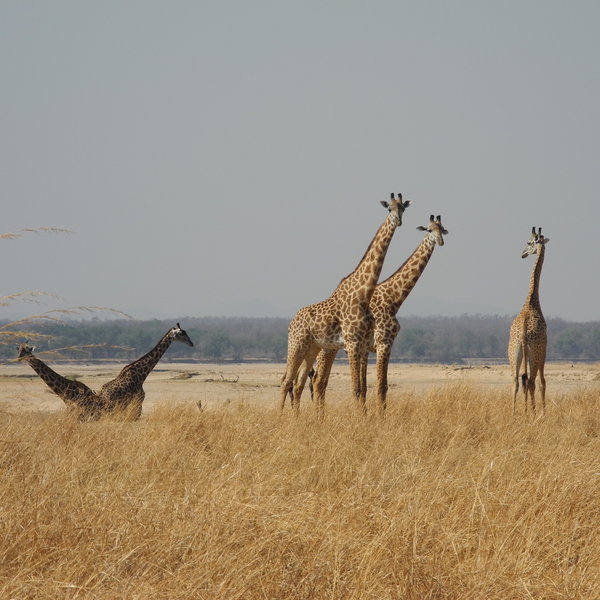
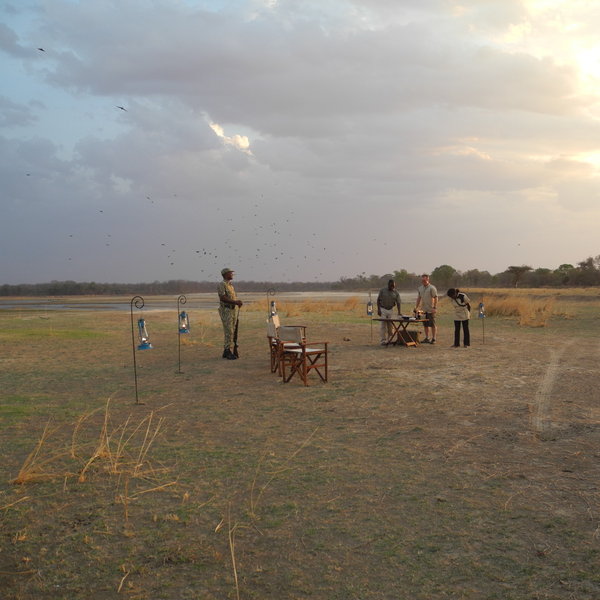
Expert Africa's gallery
When we travel we take lots of photos ourselves to give you a real and un-edited view of the safaris. See our 30 pictures and 1 videos of Bilimungwe Bushcamp to get the candid view.
View gallerySafaris visiting Bilimungwe Bushcamp
Just ideas, we'll always tailor-make a trip for you
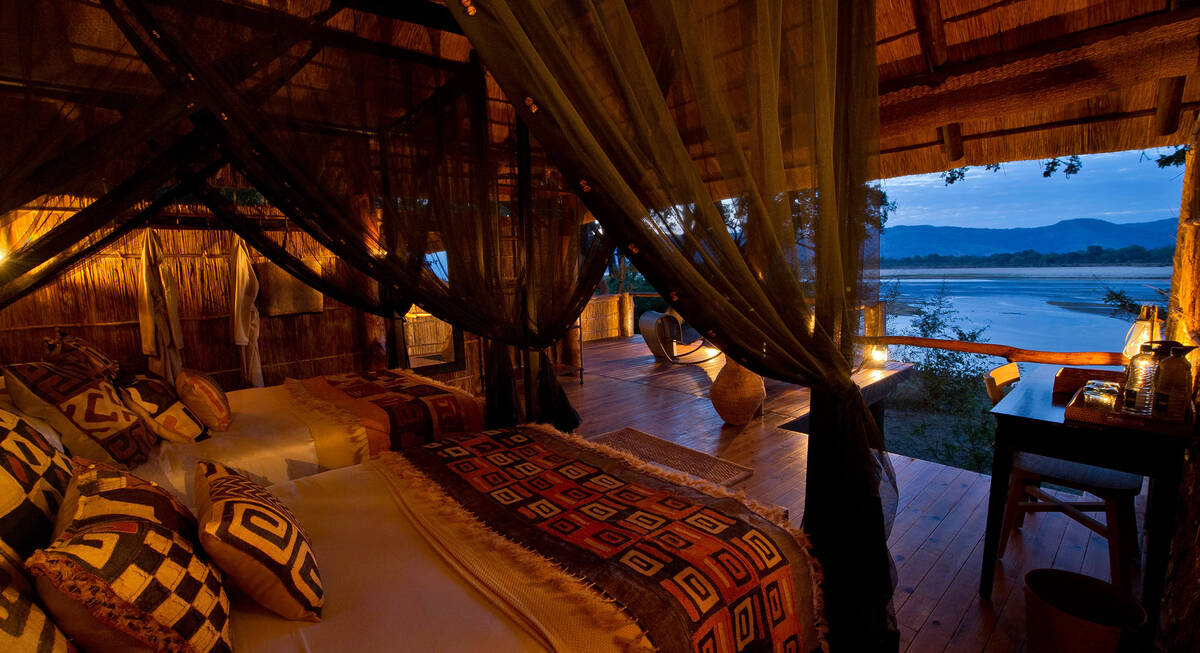
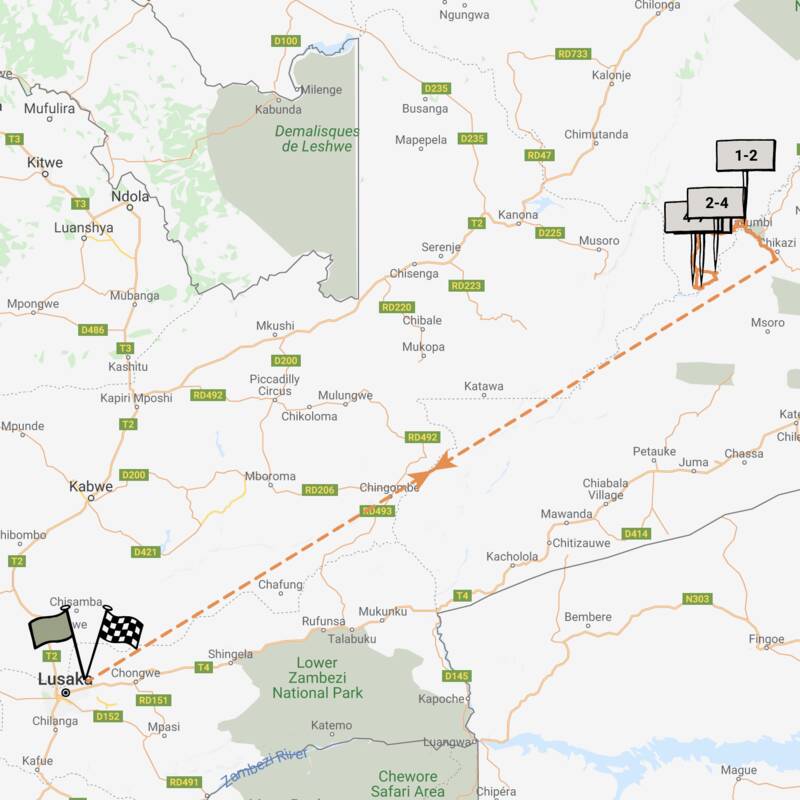
Civet Safari
9 days • 4 locations • 1 country
LUSAKA AIRPORT TO LUSAKA AIRPORT
Combining three intimate bushcamps in the quieter south of the South Luangwa, this safari will appeal to those looking for an interesting mix of walking and vehicle safari.
Visiting South Luangwa
US$8,490 - US$9,970 per person
Bilimungwe Bushcamp: Our full report
Bilimungwe Bushcamp is a small, stylish camp run by The Bushcamp Company in the remote southern section of ...
... the South Luangwa National Park. Set on a low rise surrounded by wildlife, it was completely rebuilt in 2011, with each chalet overlooking a group of shady waterholes where impala, puku, warthog, elephant and baboons are often seen coming to drink.
The central area at Bilimungwe is a thatched, open-sided structure, which is raised on wooden decking between the trunks of tall winterthorn and Natal mahogany trees. There is a comfortable lounge area with cane furniture and African-print cushions, as well as a dining area and well-stocked bar. Down a few steps is another deck with built-in seating, scattered with cushions, creating a quiet area overlooking the waterhole. On a nice evening, meals might also be enjoyed here under the stars. Just a stone's throw from the main area, overlooking an open plain behind the camp, is the firepit.
Bilimungwe Bushcamp has just four chalets: enormous, stylish structures set beneath shady, evergreen Natal mahogany trees that help to keep the rooms cool, even through the hottest months. Each chalet is constructed of reed and cane under a tall thatched roof, and raised up on a wooden platform. Inside, all is light and airy, with brightly coloured African textiles adding a splash of colour, yet they still retain a bushcamp feel, with half-height mosquito-gauzed reed walls allowing uninterrupted views and a free flow of air through the chalet. Two of the chalets have twin beds and the other two have doubles.
To one side of each chalet is a seating area with contemporary round cane chairs and a low table set with nature books and magazines. Doors that can fold away completely lead outside onto a massive deck, which runs the length of the chalet. The waterhole directly in front of the rooms attracts numerous animals throughout the day, meaning the deck is a perfect spot to relax and do some game viewing from camp. In 2015 we were able to watch warthogs bathing in the mud, as well as a family of elephants coming down for a drink all in one afternoon. Three of the rooms are in a semi-circle around the main waterhole which can result in a slight lack of privacy (you can easily see the deck of the room opposite), but one chalet is separate from the others, overlooking a different waterhole, providing much more privacy.
A reed wall separates the bedroom from a spacious bathroom, which has a flush toilet, twin handbasins carved into a beautiful, polished piece of mahogany, and a large open shower. A door from the bathroom leads to an outside open-air waterfall shower, beautifully crafted, and separated from the front of the chalet by a high curved stone wall.
Two activities a day are the norm at Bilimungwe, usually a safari walk in the morning and an afternoon game drive combined with a night drive, although there is a degree of flexibility built into this if you would prefer alternative arrangements. Both activities are given equal weighting, but traditionally walking has been considered the camps main activity, which is particularly good in the area. On our last visit in June 2015 we particularly enjoyed the birdlife on our morning walk, spotting purple turacos, grey crowned cranes and nesting blacksmith plovers. We were also lucky enough to find ourselves upwind of a group of elephants, which we were able to watch as they came down to the river for their morning drink – our guide and armed scout were excellent and we felt safe at all times.
Bilimungwe combines well with its sister camps in the same southern end of the park. If you are keen on walking you can do a walking transfer to Kapamba to the west, or Chindeni to the east. The riverine woodland environment around Bilimungwe, with its tall winterthorn, sausage and natal mahogany trees would contrast well with the open plains and low rocky hills found at its sister bushcamp Kuyenda.
Activities
4WD Safari
Birdwatching
Cultural excursion
Guided walking safari
Night drive
Families & children
- Attitude towards children
- Children of 12 years and older are welcome at Bilimungwe. Children under 12 can be accommodated on request and if the family group takes over the whole camp. Walking is not permitted for children younger than 12.
- Property’s age restrictions
- Children under the age of 12 can be accommodated at Bilimungwe on request and if the family group takes over the whole camp. Walking is not permitted for children younger than 12.
- Special activities & services
- None
- Equipment
- Some of the rooms can be fitted with an extra bed to accommodate a child sharing with their parents.
- Generally recommended for children
- We think Bilimungwe has quite an adult atmosphere and so is better suited to mature, sensible children over the age of 14 years.
- Notes
- Bilimungwe Bushcamp is unfenced so dangerous animals regularly roam through the camp. Children must be under the constant supervision of their parents.
Food & drink
- Usual board basis
- Full Board & Activities
- Food quality
- The meals at Bilimungwe are of a good standard. While it may not be gourmet they do provide an array of well-presented, tasty dishes.
A buffet breakfast is usually served in the main area in time to watch the sun rise, before heading out on a morning activity. It might include cereals, fruit, muffins, hot porridge and toast made on the fire.
The morning excursion usually ends at about 10.30am so brunch is often at around 11.00am, although this is flexible and can be altered if you see something exciting out in the bush. Brunch is served in a variety of locations; on one previous visit we enjoyed a barbecue overlooking the Luangwa River, about 50 metres from camp. This included a variety of salads, freshly baked bread, a choice of chicken, farmer's sausage and beef shish kebabs, all rounded off with fruit salad for dessert. On our most recent visit in June 2015, we had homemade pizzas. Bilimungwe and its sister camps each have a wood-fired pizza oven, and once a week guests are invited to roll our their own dough and select their own toppings before handing it over to the chef to cook. We had plenty of cheese and chicken, along with a few peppers just to make it healthy.
Dinner is usually comprised of three courses served at around 8.00pm. On previous visits we particularly enjoyed the unusual lemon and lentil soup served with freshly baked rolls, followed by a pork chop with potatoes and vegetables, with a chocolate and peach tart for desert. Our dinner on our last trip though different slightly from the standard format as the camp put on a braai with a great selection of grilled meats, vegetable kebabs, baked potatoes and squashes. There were also some more traditional dishes on offers such as nshima (a kind of maize porridge), a bean stew and a tomato relish.
In between meals you will need to save room for homemade biscuits with morning tea, fresh cakes with afternoon tea, and tasty snacks with sundowner drinks. We particularly enjoyed the peanut brittle cookies we had for afternoon tea. - Dining style
- Group Meals
- Dining locations
- Indoor and Outdoor Dining
- Further dining info, including room service
- No
- Drinks included
- Soft drinks, house wine and local spirits are included in the rates, but note that fine wines, champagne and imported spirits and liqueurs are charged as extras.
Our travellers’ wildlife sightings from Bilimungwe Bushcamp
Since mid-2018, many of our travellers who stayed at Bilimungwe Bushcamp have kindly recorded their wildlife sightings and shared them with us. The results are below. Click an animal to see more, and here to see more on our methodology.

100% success

100% success

100% success

100% success

100% success

100% success

100% success

67% success

67% success

0% success

0% success

0% success

0% success

0% success

0% success
Getting there
- Location
- South Luangwa National Park, Zambia
- Ideal length of stay
- We recommend a two- or three-night stay at Bilimungwe. The camp combines naturally with one or more of its sister bushcamps: Zungulila, Kuyenda, Chindeni and Chamilandu or Kapamba, as well as with Mfuwe Lodge.
- Directions
- Bilimungwe is approximately four hours' game drive from Mfuwe airport, through the South Luangwa National Park.
- Accessible by
- Fly-and-Transfer
Special interests
- Birdwatching safaris
- The varied habitat around Bilimungwe, including areas of forest and numerous waterholes, means the birdlife is varied and prolific, great for birdwatching in Zambia. With the help of our guide we were able to spot jacanas, grey crowned cranes, and the elusive Pel’s fishing owl.
- See ideas for Birdwatching safaris in Zambia
- Walking safaris
- The area surrounding Bilimungwe camp is varied, with some pretty stretches of riverine woodland, thicker miombo woodland and open waterholes. Excellent walking guides and the ability to walk between camps make this an excellent choice for a walking safari in Zambia.
- See ideas for Walking safaris in Zambia
Communications
- Power supply notes
- There are no plug points in the rooms but camera batteries can be given to the manager for charging. In the event of a series of cloudy days, charging facilities may be limited, or charging could take longer than normal.
- Communications
- Bilimungwe has 24-hour radio contact with its sister camps in South Luangwa and with its base at Mfuwe Lodge.
- TV & radio
- Bilimungwe has no TV or radios
- Water supply
- Borehole
- Water supply notes
- The showers and handbasins are plumbed in. Water is solar-heated so it may take a few minutes to reach your shower. Each chalet has a flushing toilet. Water bottles can be filled up from the supply of filtered drinking water in the main area.
Health & safety
- Malarial protection recommended
- Yes
- Medical care
- There is a doctor based at Mfuwe Lodge, Bushcamp Company's main base. In a medical emergency it is possible to arrange evacuation by air to Lusaka, and potentially to Johannesburg.
- Dangerous animals
- High Risk
- Security measures
- Guests are escorted between the main area and their chalets after dark by a member of the Bilimungwe team.
- Fire safety
- Bilimungwe has a central borehole with a nearby tap and waterhoses available in case of fire. There is also a fire extinguisher in the main area.
Useful info
- Disabled access
- Not Possible
- Laundry facilities
- A complimentary laundry service is included, with items hand washed by male staff and then line dried. The exception is ladies' underwear, for which washing powder is provided in the bathrooms.
- Money
- No currency exchange is available. There are no safes in the rooms, but if you’re concerned then small items could be given to management for safe keeping.
- Accepted payment on location
- We recommend you carry US dollars or Zambian kwacha if you’d like to leave a tip. In the unlikely event that payment for anything else is needed, this would be arranged through Bilimungwe's sister camp, Mfuwe Lodge.
Plan and book your trip with Expert Africa
All of our trips are tailor-made, so we'll always adapt them to suit you. Talk to an Expert and let us plan and arrange your perfect trip.

Talk to an Expert
Call or email us now! We’ll match you with the Specialist in our team who is best suited to help you. Then together we can start planning your trip.

Set up your itinerary
Based on our experience and your ideas, your specialist will create a detailed, costed itinerary. We’ll refine it together, until we have a trip that you’re perfectly happy with.

Prepare for your trip
The same Specialist will make the seamless arrangements for your trip, send you detailed travel documents, and be available to answer any questions before you depart.

Travel with peace of mind
After you set off, you’ll be cared for by our partners in Africa, most of whom have worked with Expert Africa for decades. And if you ever need us urgently, we’re available 24/7.

When you return
We love to learn about your trip, and so will always be grateful if you’ve the time to give feedback to your Specialist when you return.
Bilimungwe Bushcamp's location
Look closer at the environment and surroundings of Bilimungwe Bushcamp.
Excursions from Bilimungwe Bushcamp
Optional extra day-trips and excursions possible whilst you're staying at Bilimungwe Bushcamp. Talk to us: these are usually best arranged before you go.
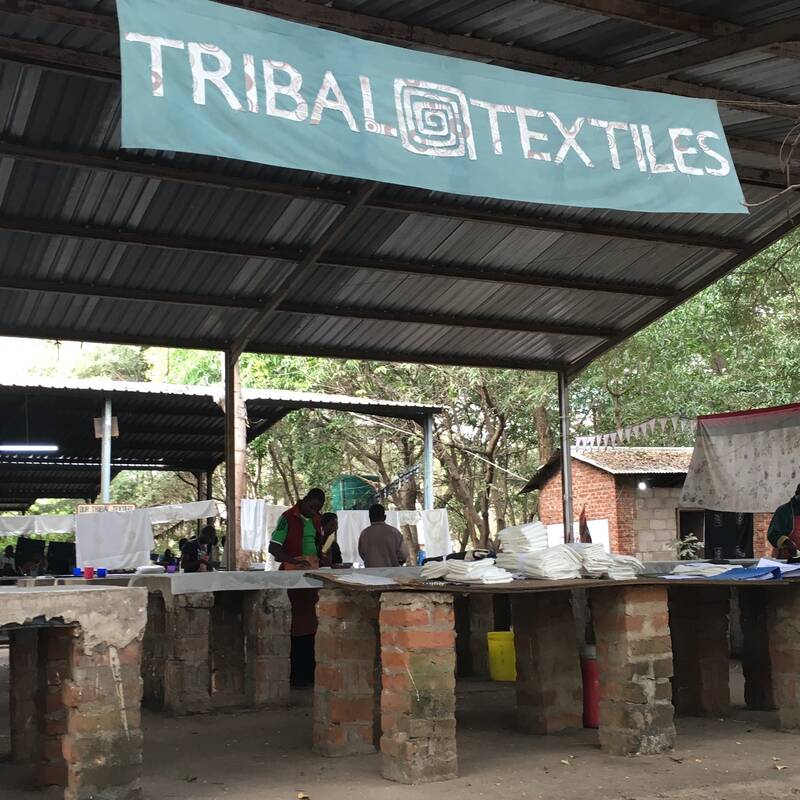
Tribal Textiles Tour
One - two hours
Visit the Tribal Textiles workshop, where hand-painted textiles are produced by more than a hundred local people. The workshop is close to Mfuwe Airport, so is ideally placed for a stop en route to/from the South Luangwa. With products ranging from cushion covers to bags and T-shirts, it's a great place for souvenir shopping while at the same time supporting the local community.
More about Tribal Textiles TourOther lodges in South Luangwa National Park
Alternative places to stay in this same area.
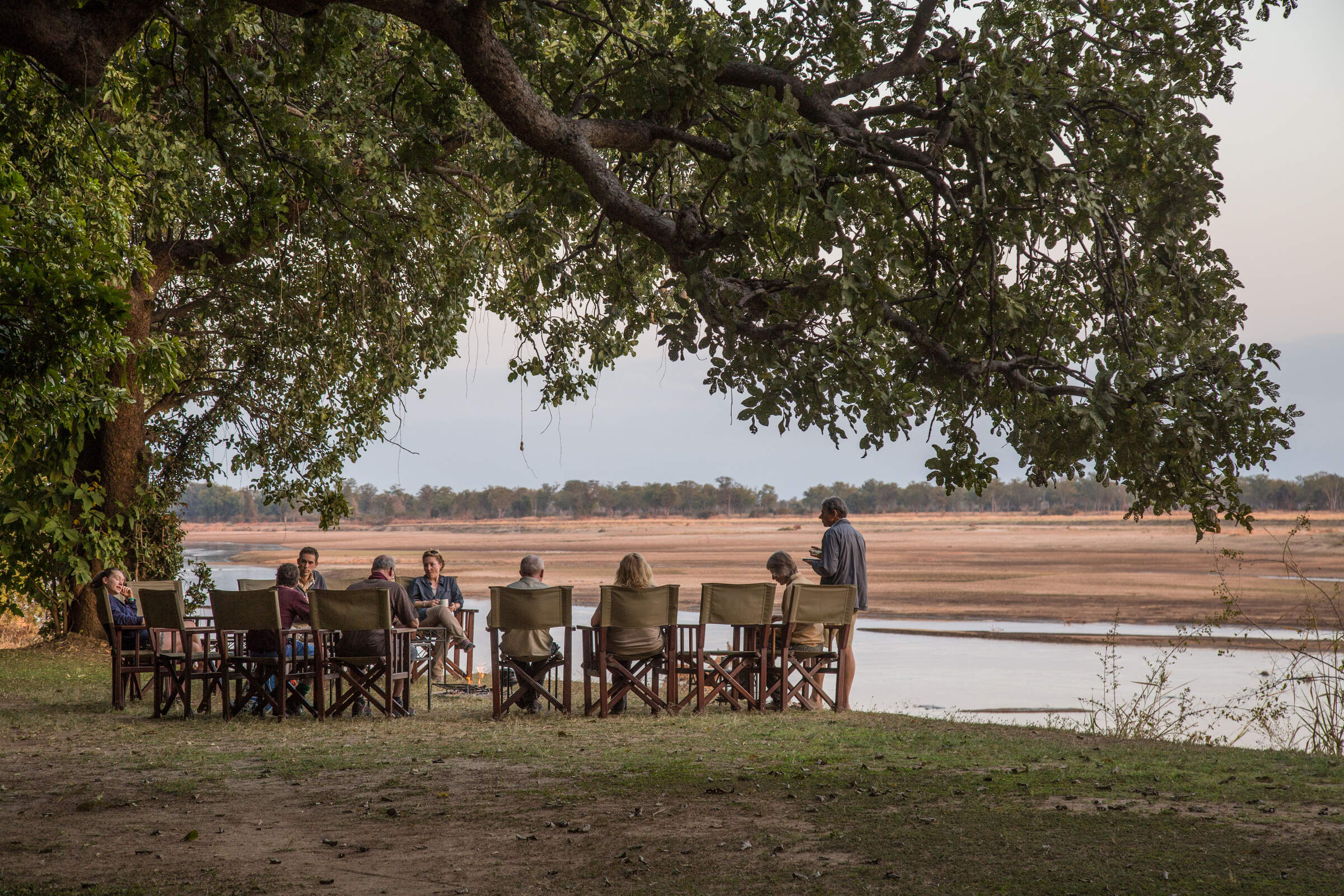
Tafika
One of the best camps in Zambia, Tafika is naturally built, combining excellent service and food with top guiding skills for a superb wildlife experience.
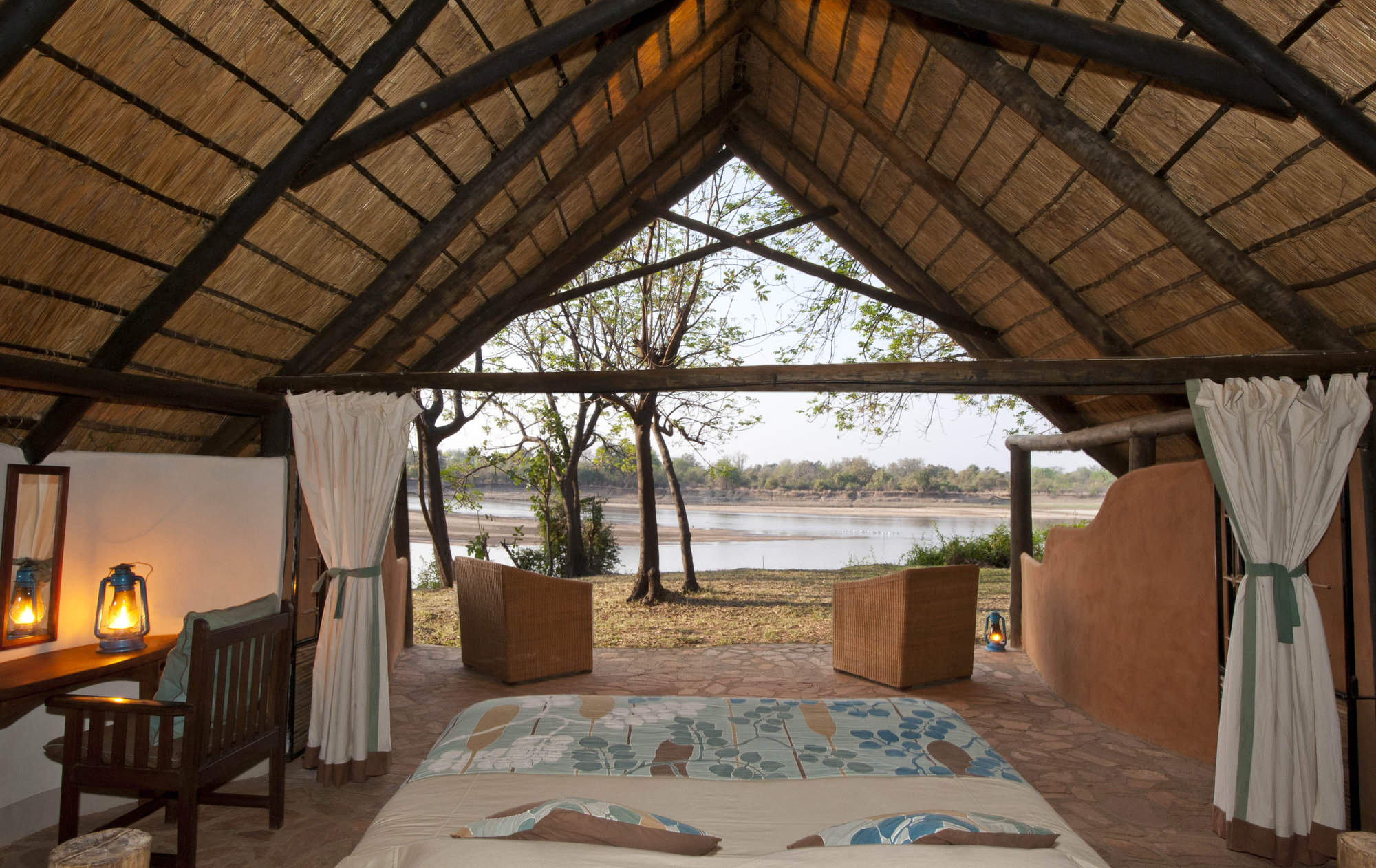
Nkwali
On the banks of the Luangwa River, with its own access to the national park, the intimate Nkwali is open year round.
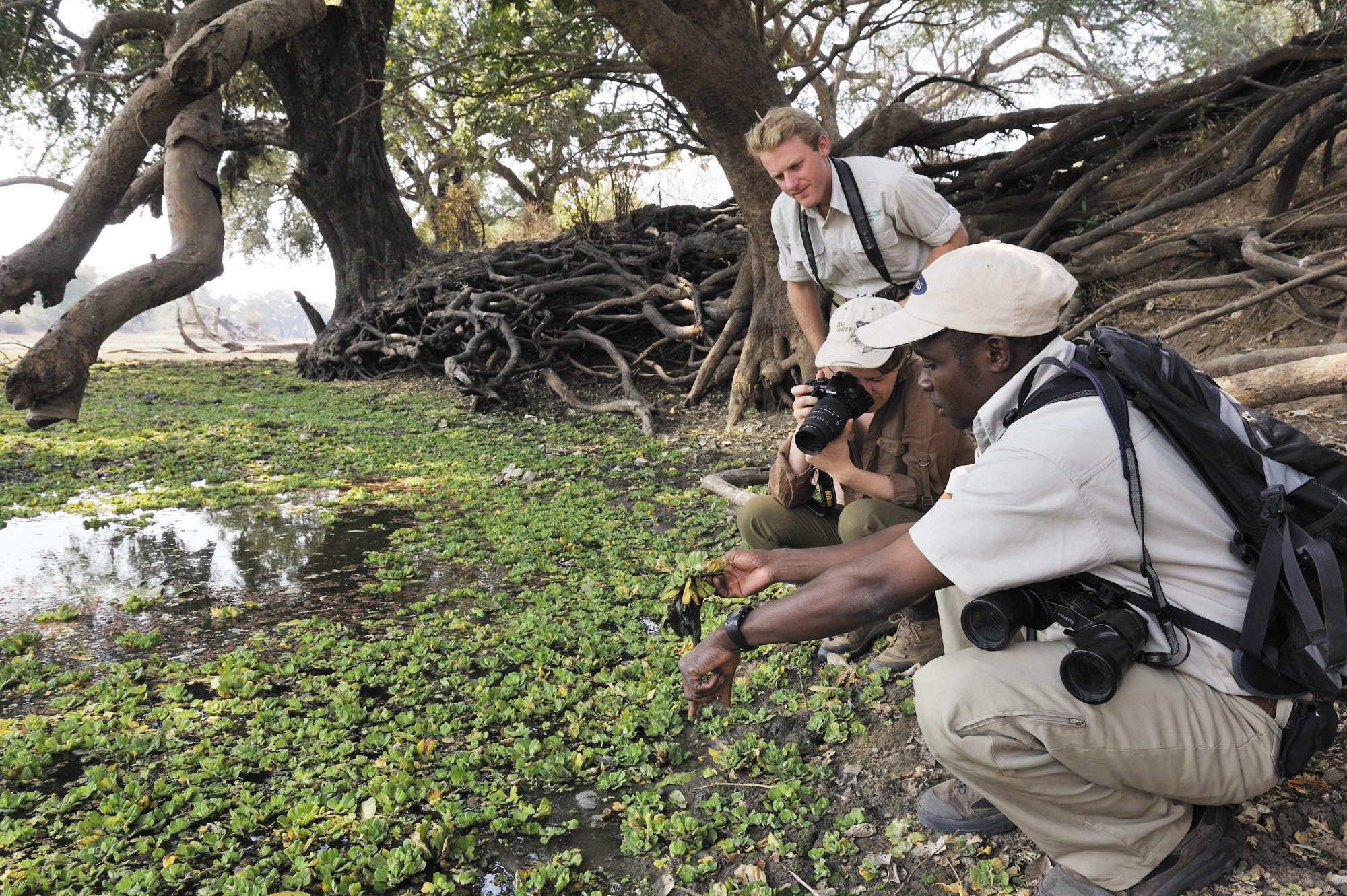
Kaingo Camp
Small and owner-run, the riverside Kaingo occupies a a quiet but excellent game area, with a series of wildlife hides and a focus on photography.
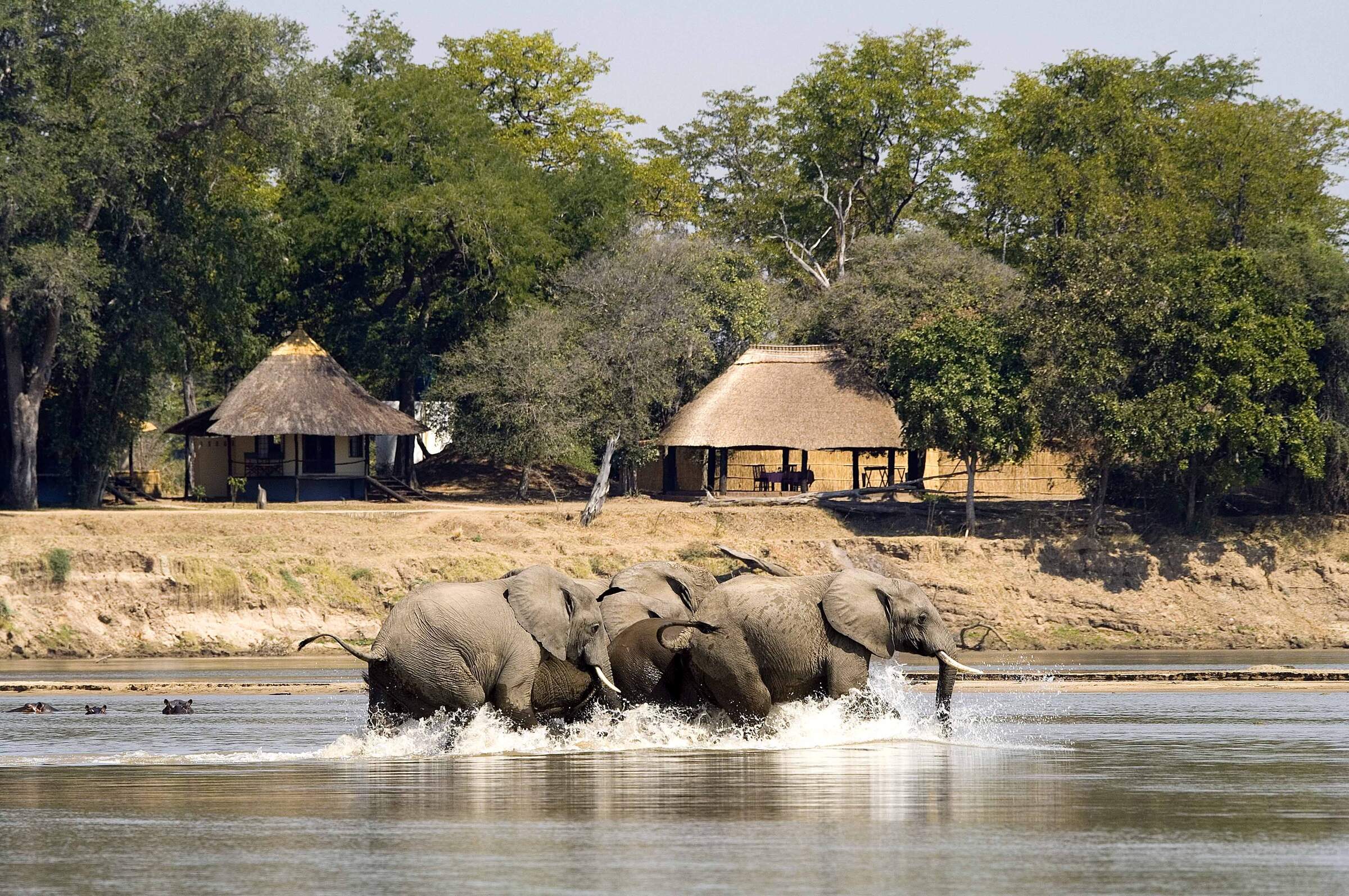
Nsefu
One of the Luangwa's oldest camps, Nsefu is a great safari camp in a remote, beautiful and game-rich location with top-rate guiding.
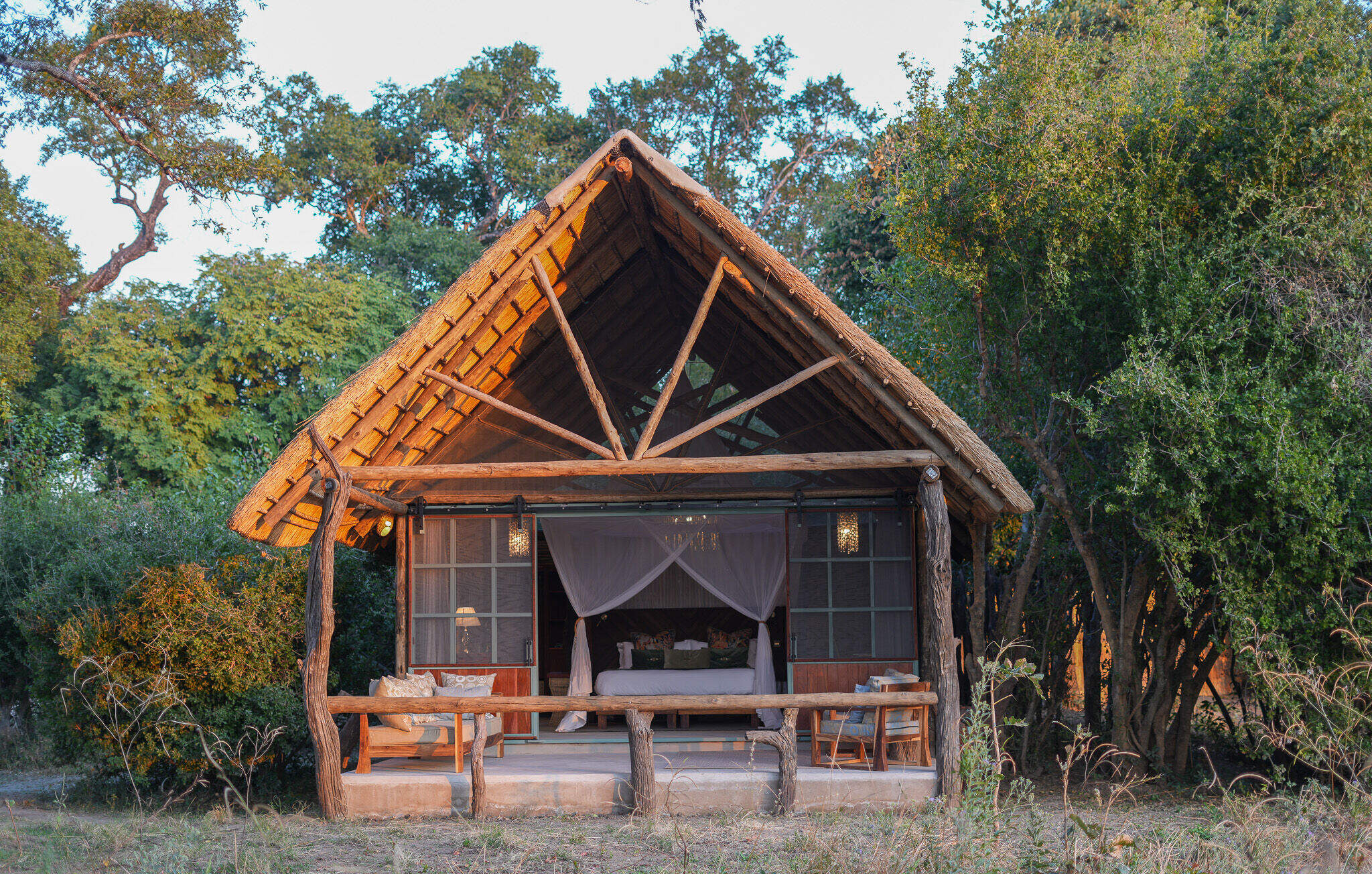
Mwamba Bushcamp
Small, remote and owner-run, Mwamba offers first-class walking, 4WD safari drives and superb hides, with excellent guides and a real bush feel.
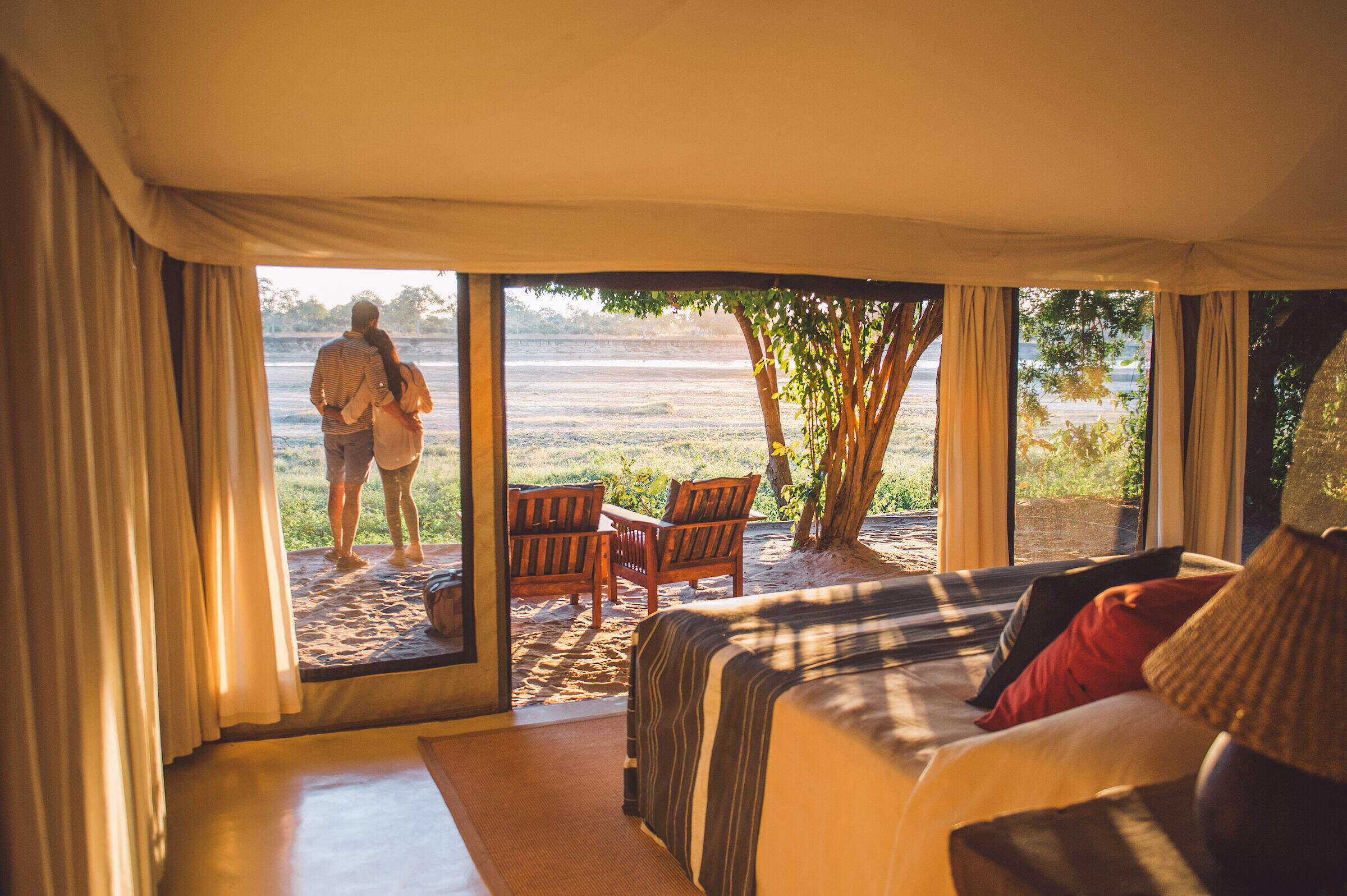
Tena Tena
One of the Luangwa's best camps, in a beautiful, remote bush location, Tena Tena is very small, exceedingly well-run and has top-rate guiding.
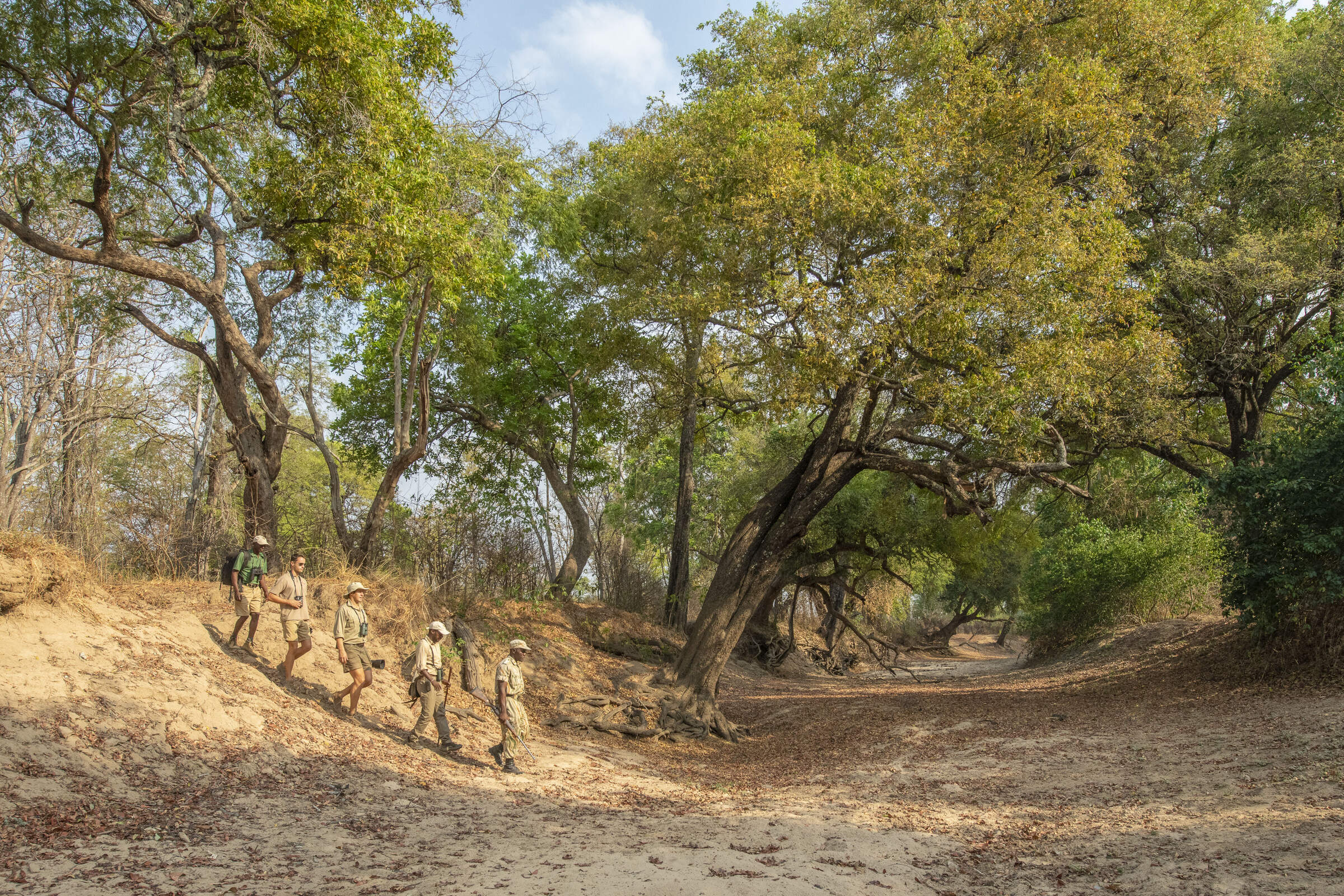
Chikoko Tree Camp
Chikoko Tree Camp is an excellent small, rustic bushcamp that concentrates on walking safaris, and is run by a top-quality operation.
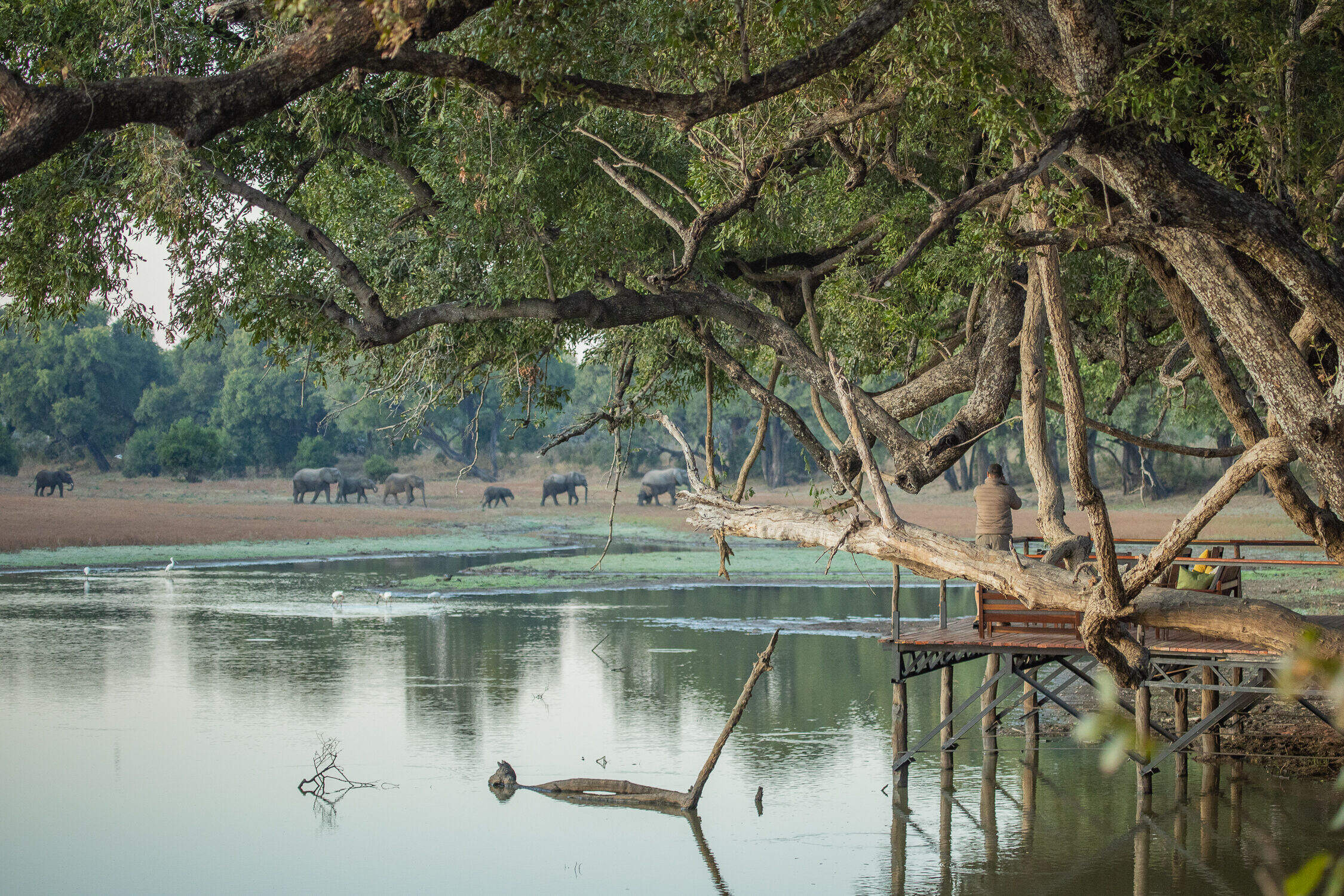
Big Lagoon Camp
Big Lagoon Camp is a great little rustic bushcamp built to high standards that focuses on excellent walking safaris, with the emphasis on top wildlife guides.
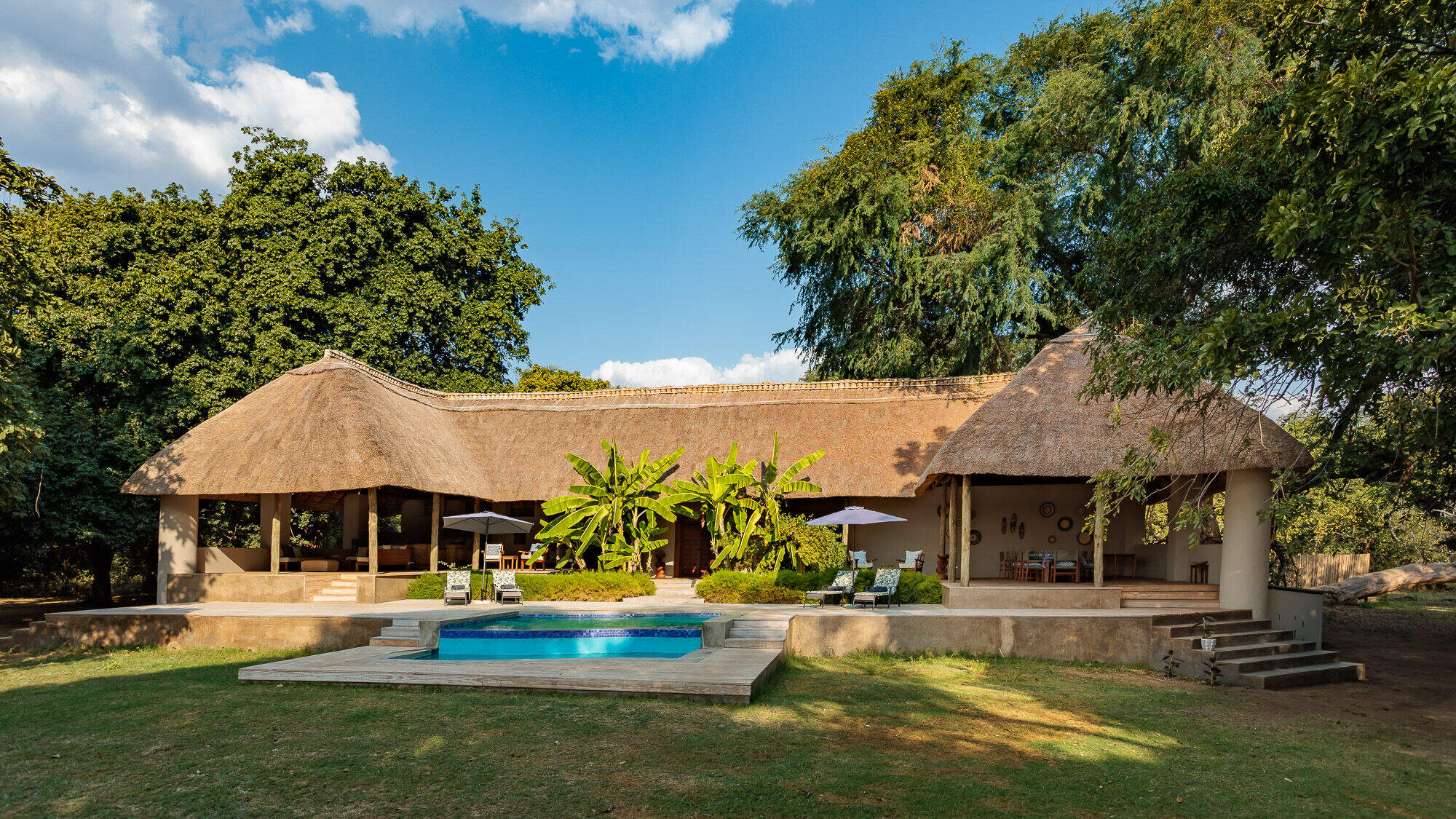
Luangwa River Camp
Luangwa River Lodge is a small and consciously stylish lodge in the Mfuwe area, overlooking the Luangwa River and the South Luangwa National Park beyond – an area renowned for great game.
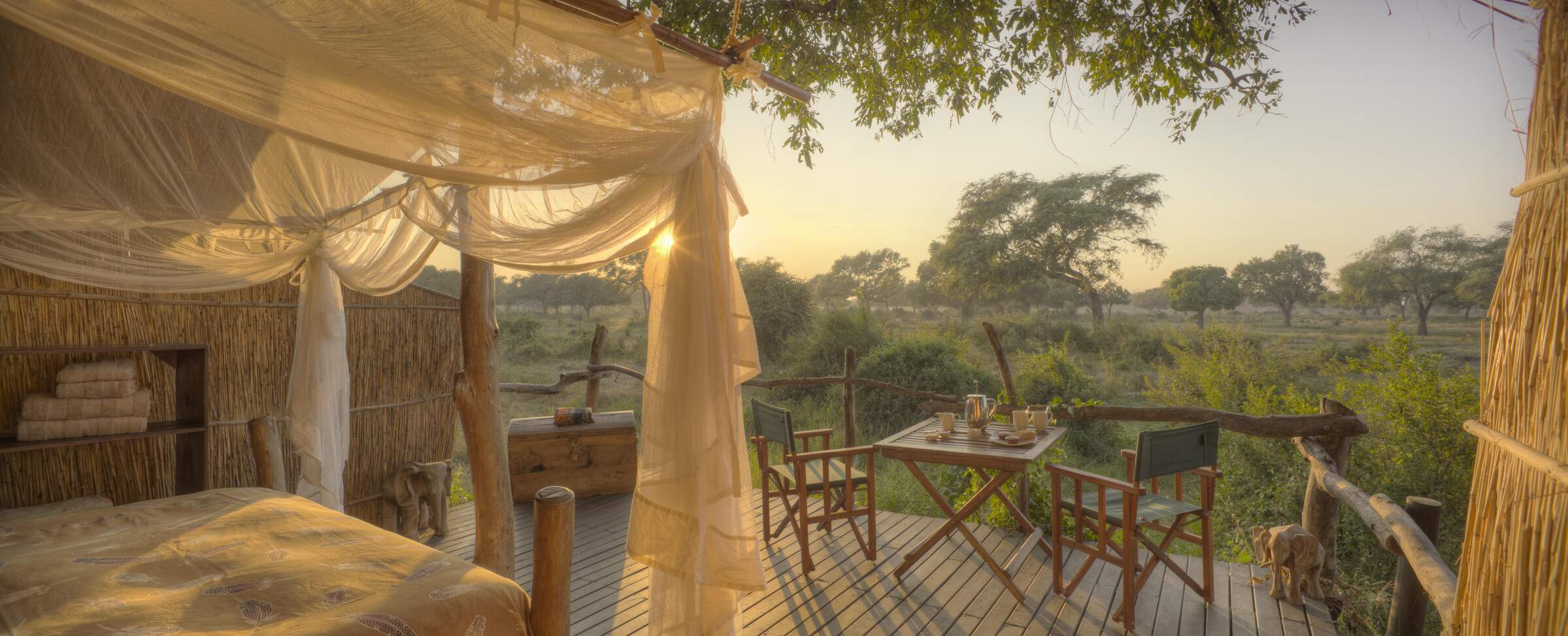
Flatdogs Camp
A relatively big safari camp, Flatdogs offers value for money with great guiding and good food in a comfortable, relaxed setting.
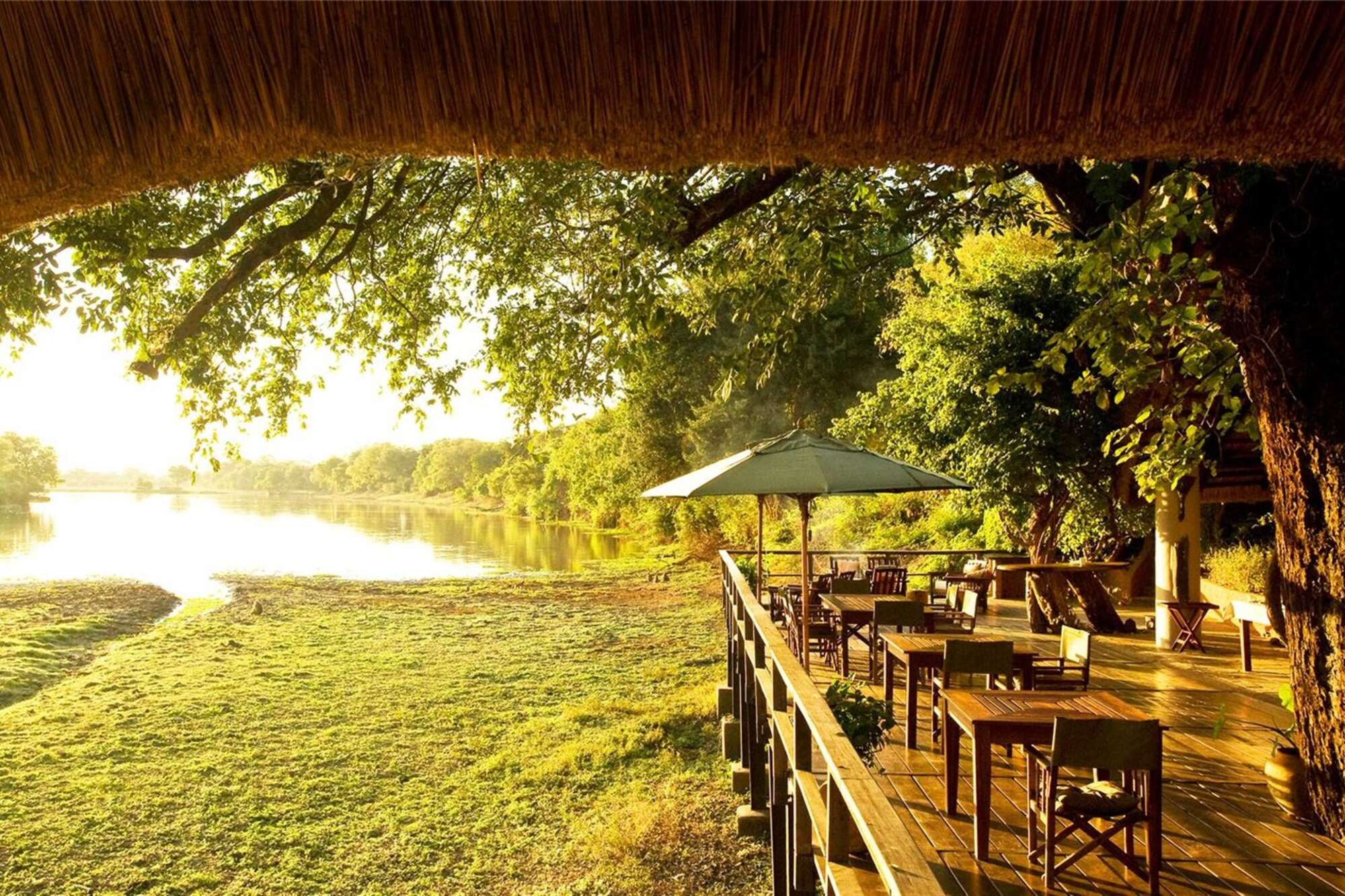
Kapani Lodge
Kapani Lodge is now the main office base for Norman Carr Safaris, one of the Luangwa's oldest safari operations.
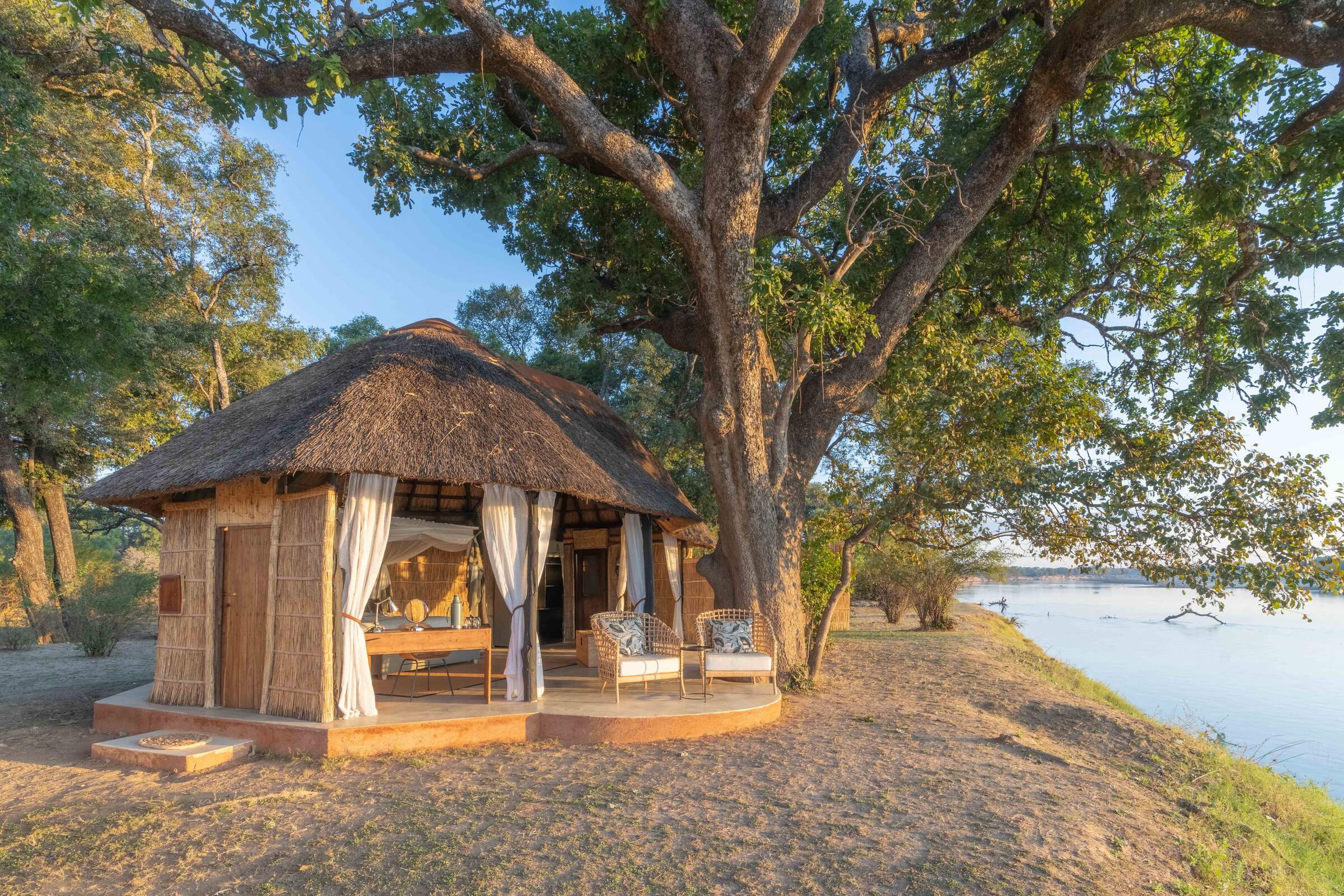
Mchenja Bushcamp
Set in a shady ebony grove on the banks of the Luangwa, Mchenja is a smart tented bushcamp. It combines well with Kakuli and Nsolo – its sister camps with a focus on walking safaris.
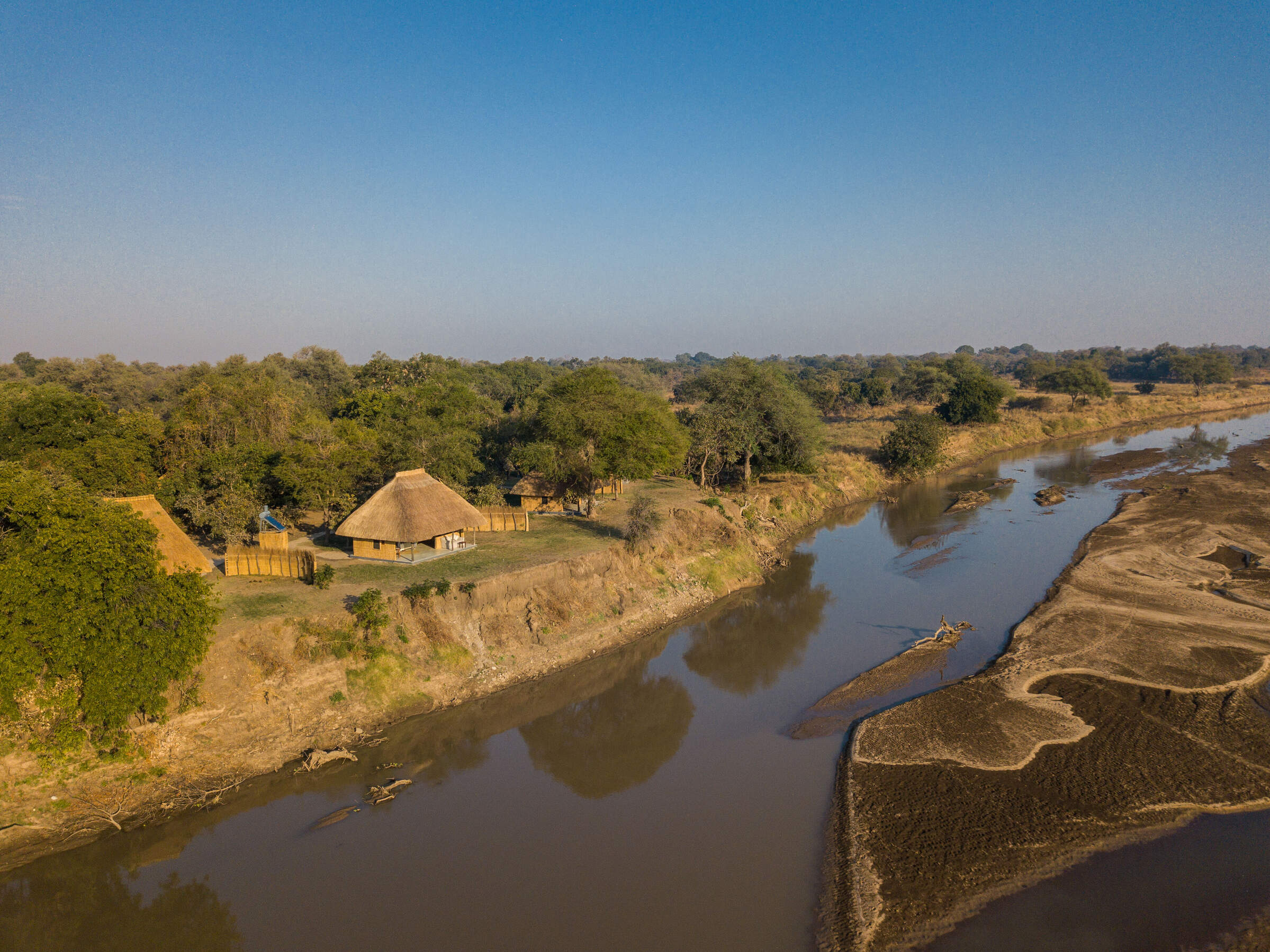
Kakuli Bushcamp
Beside the Luangwa River, Kakuli is a comfortable tented bushcamp offering 4WD safaris and walking safaris – the best of which are camp-to-camp walks linking Kakuli with its nearby sister camps.
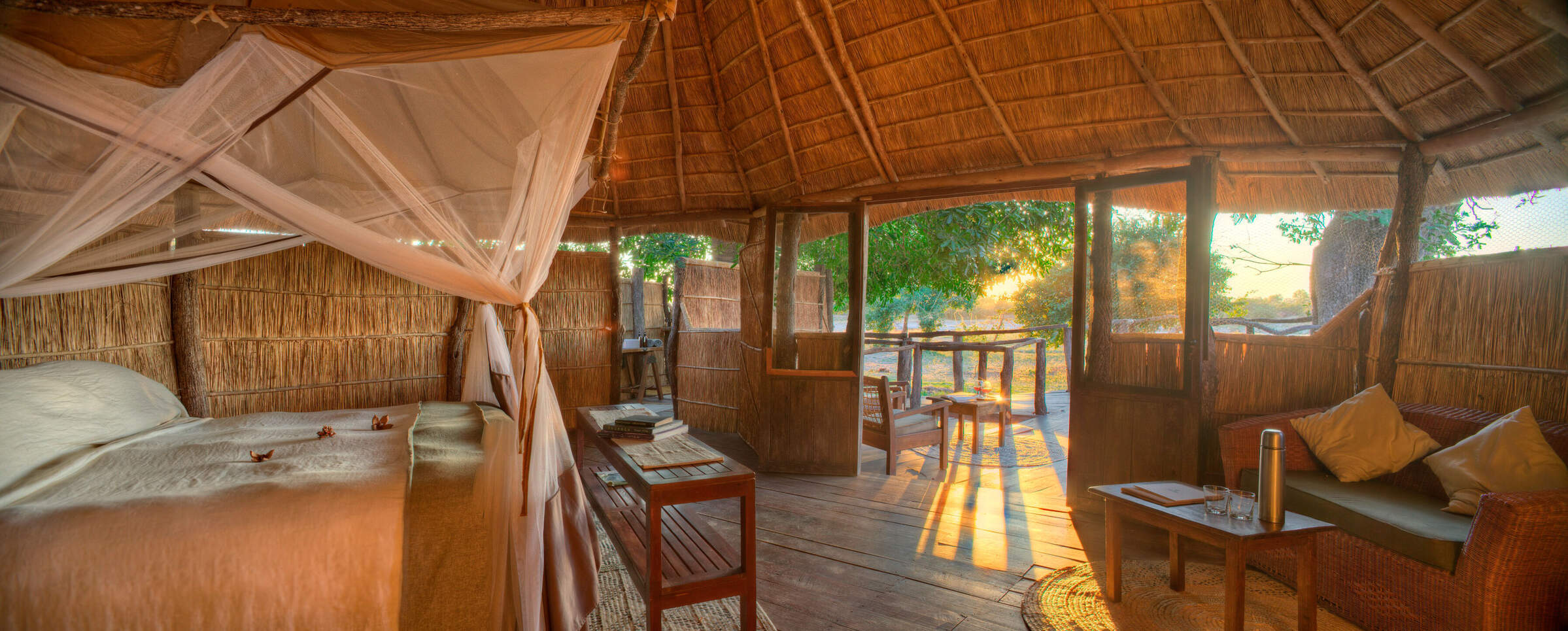
Nsolo Bushcamp
Nsolo is a small, comfortable bushcamp overlooking one or two pools in the usually dry Luwi riverbed. It concentrates on walking safaris in an interesting and diverse area, led by a knowledgeable guide.
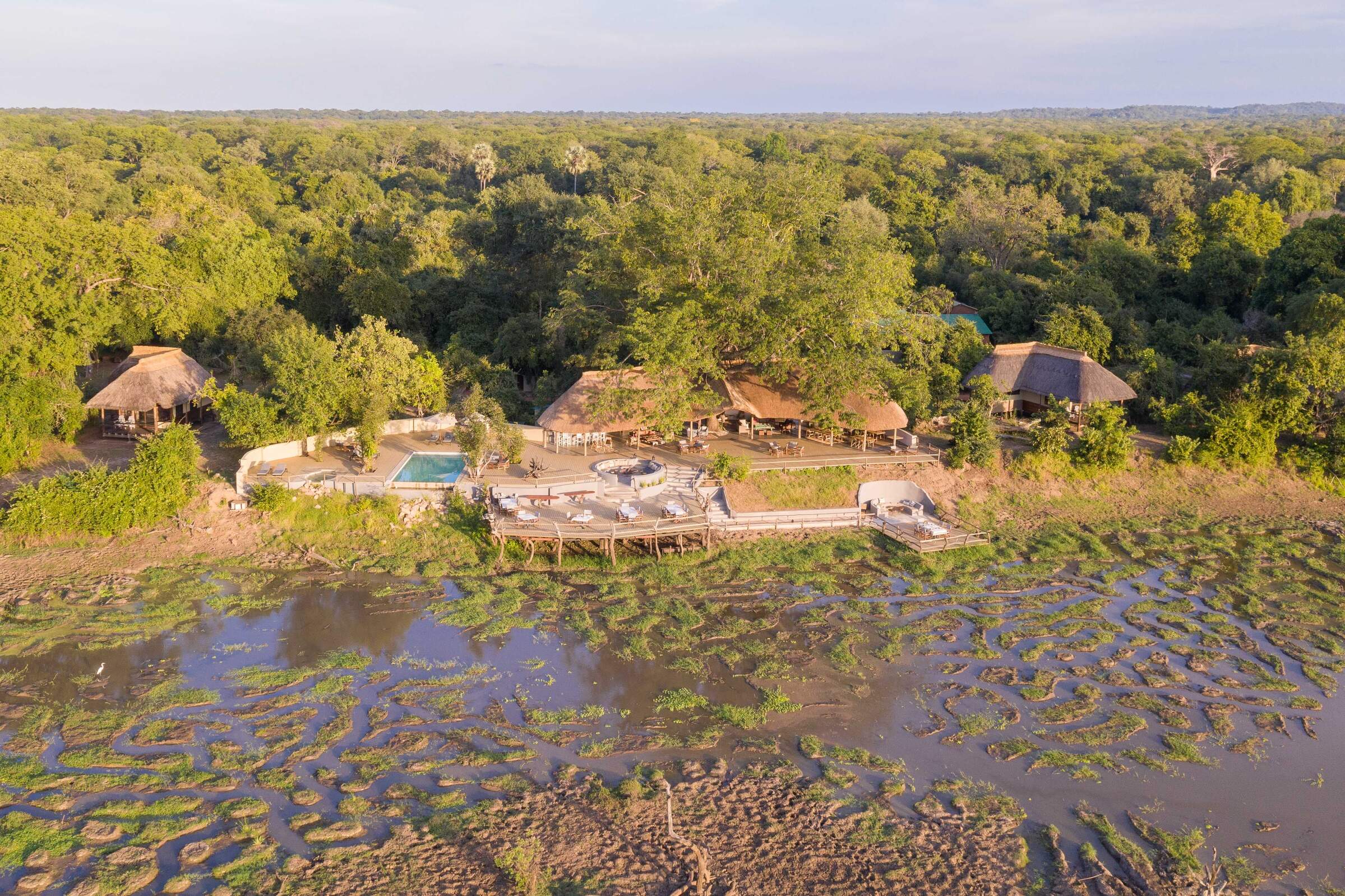
Kafunta River Lodge
Kafunta is a laid-back, friendly and good-value lodge on the outskirts of South Luangwa National Park.
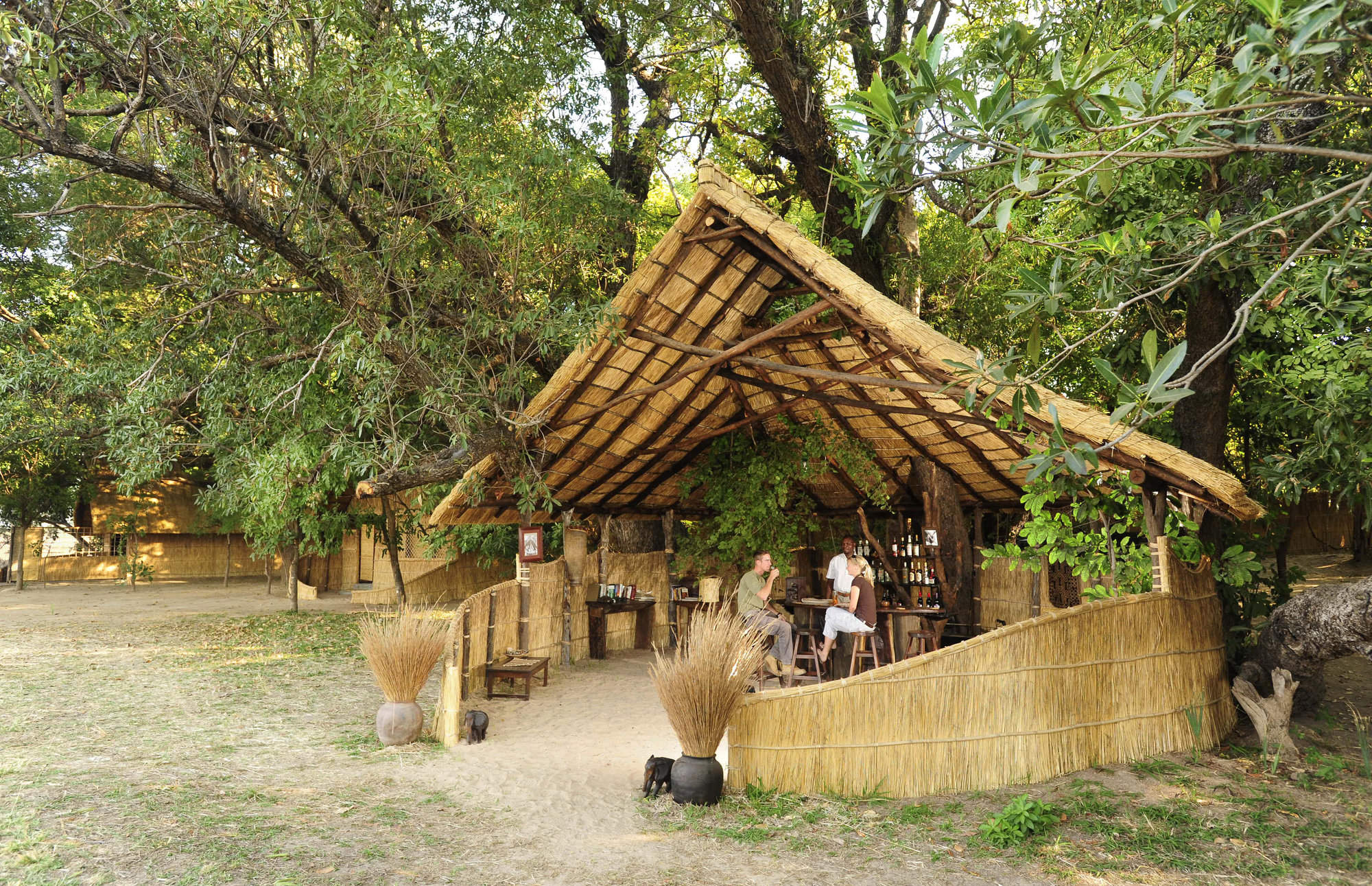
Luwi Bushcamp
In a remote part of the South Luangwa National Park, Luwi is a rustic bushcamp whose emphasis is on walking safaris with great guiding and a chance of seeing some rarely seen and elusive antelope.
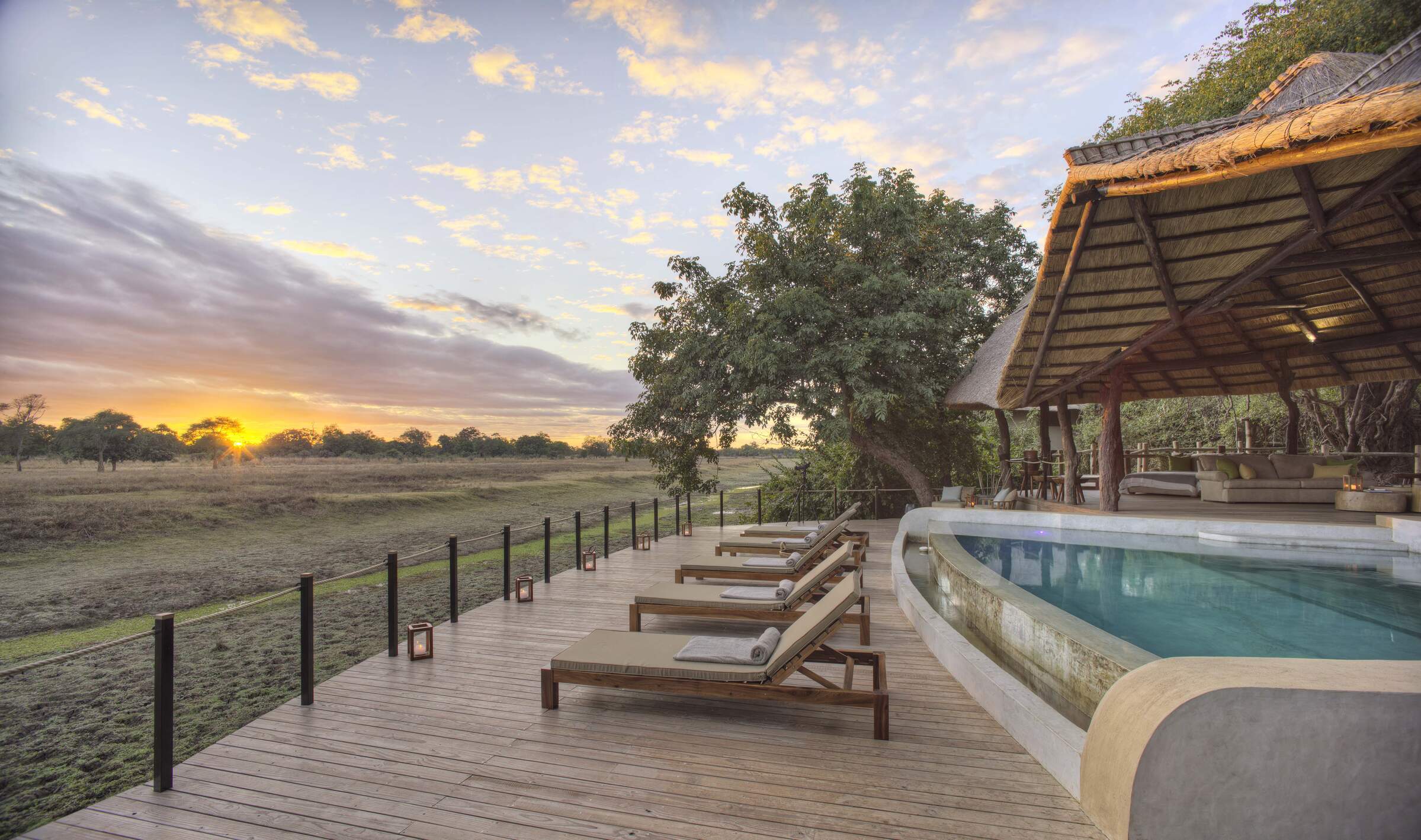
Lion Camp
Lion Camp is an established and comfortable camp with a swimming pool, located near to the game-rich Lion Plain in the northern part of South Luangwa National Park.
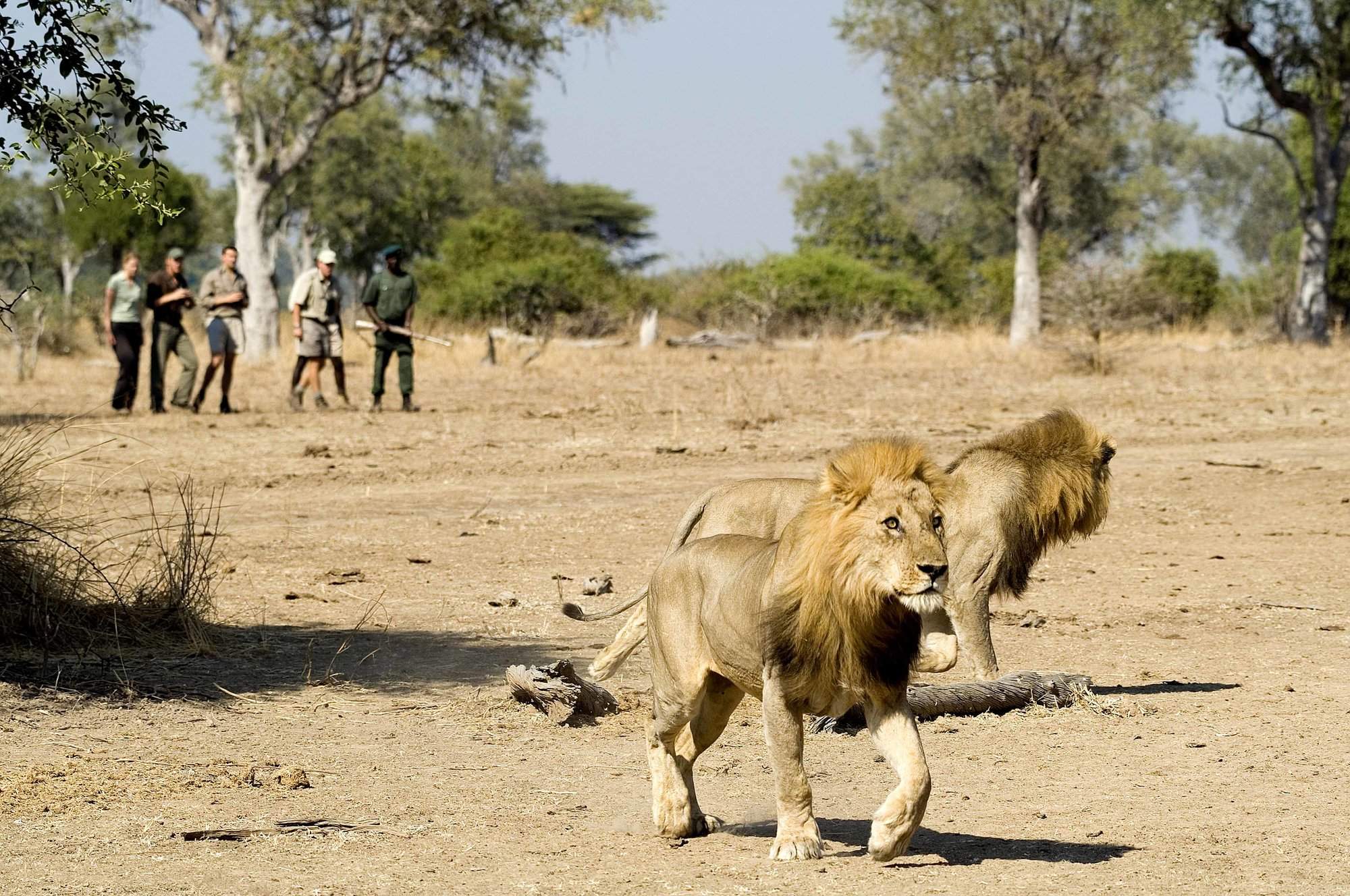
Robin Pope mobile
RPS mobile safari camps are at the heart of their set-itinerary walking safaris in South Luangwa National Park, which start and finish at a permanent camp.
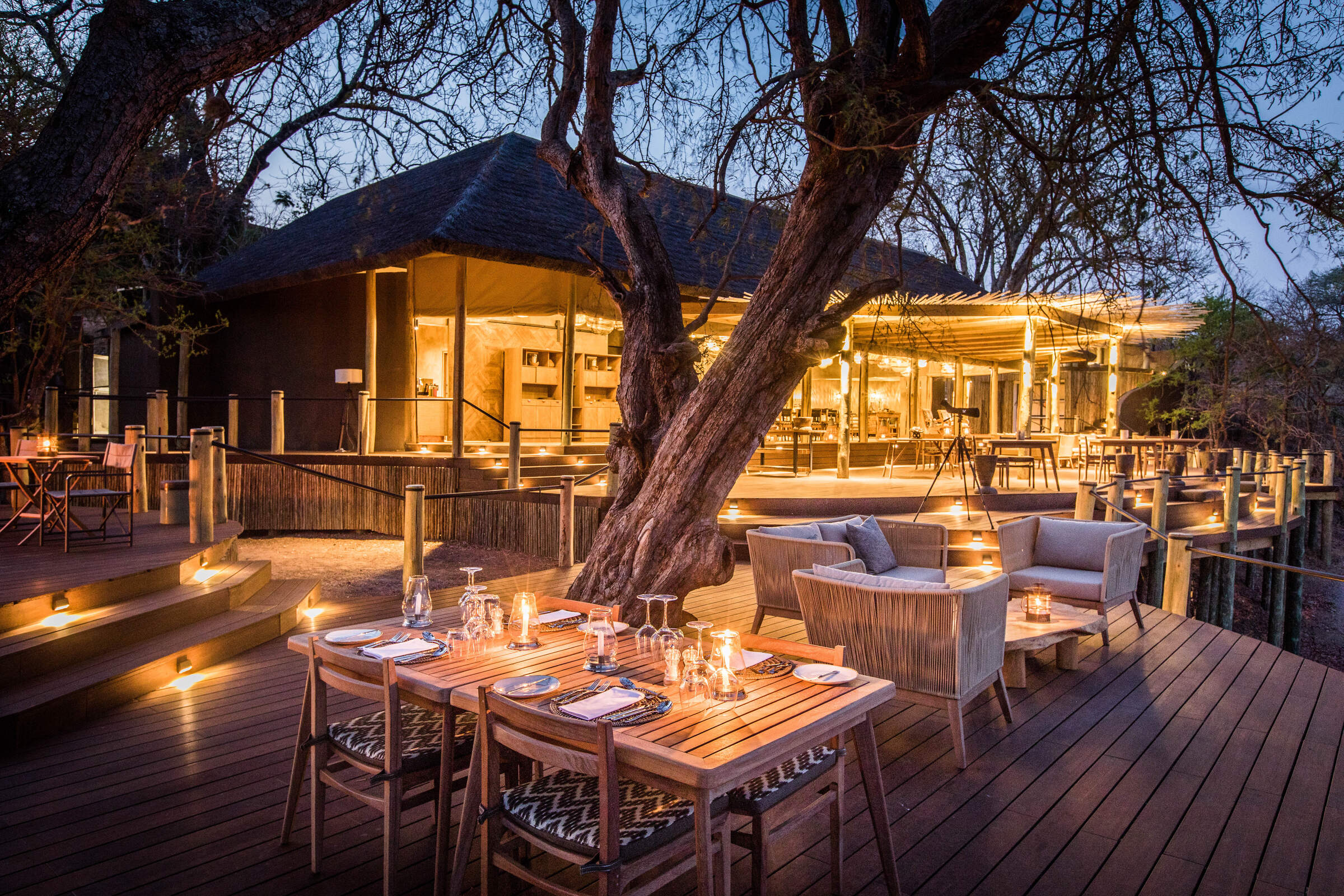
Puku Ridge
Puku Ridge is a luxurious designer camp set in a stunning location, high on a hill overlooking a floodplain within South Luangwa. Explore from here on 4WD safaris and walks.
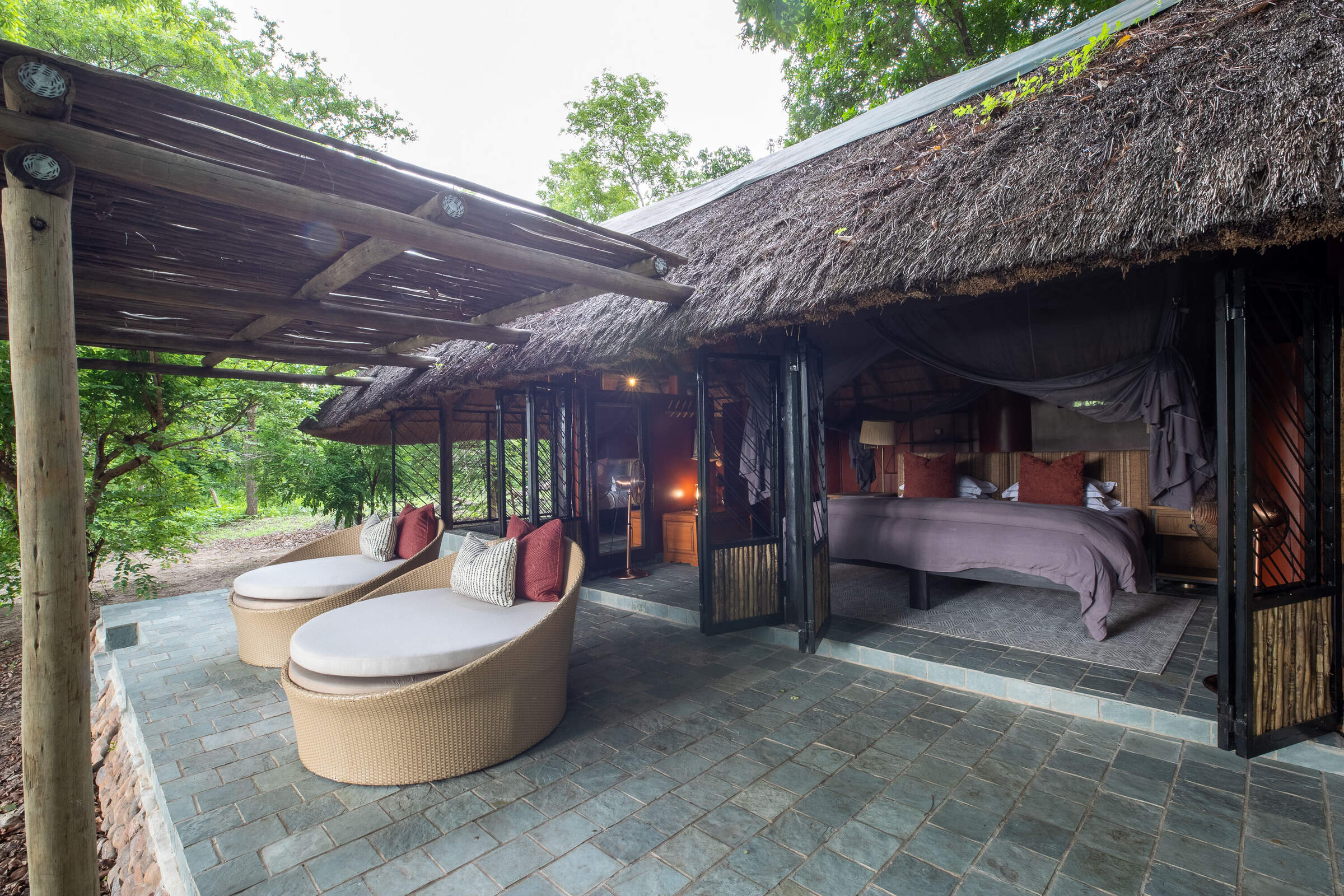
Kapamba Bushcamp
In the remote far south of South Luangwa National Park, Kapamba is a small and very comfortable bushcamp offering good walks and game drives.
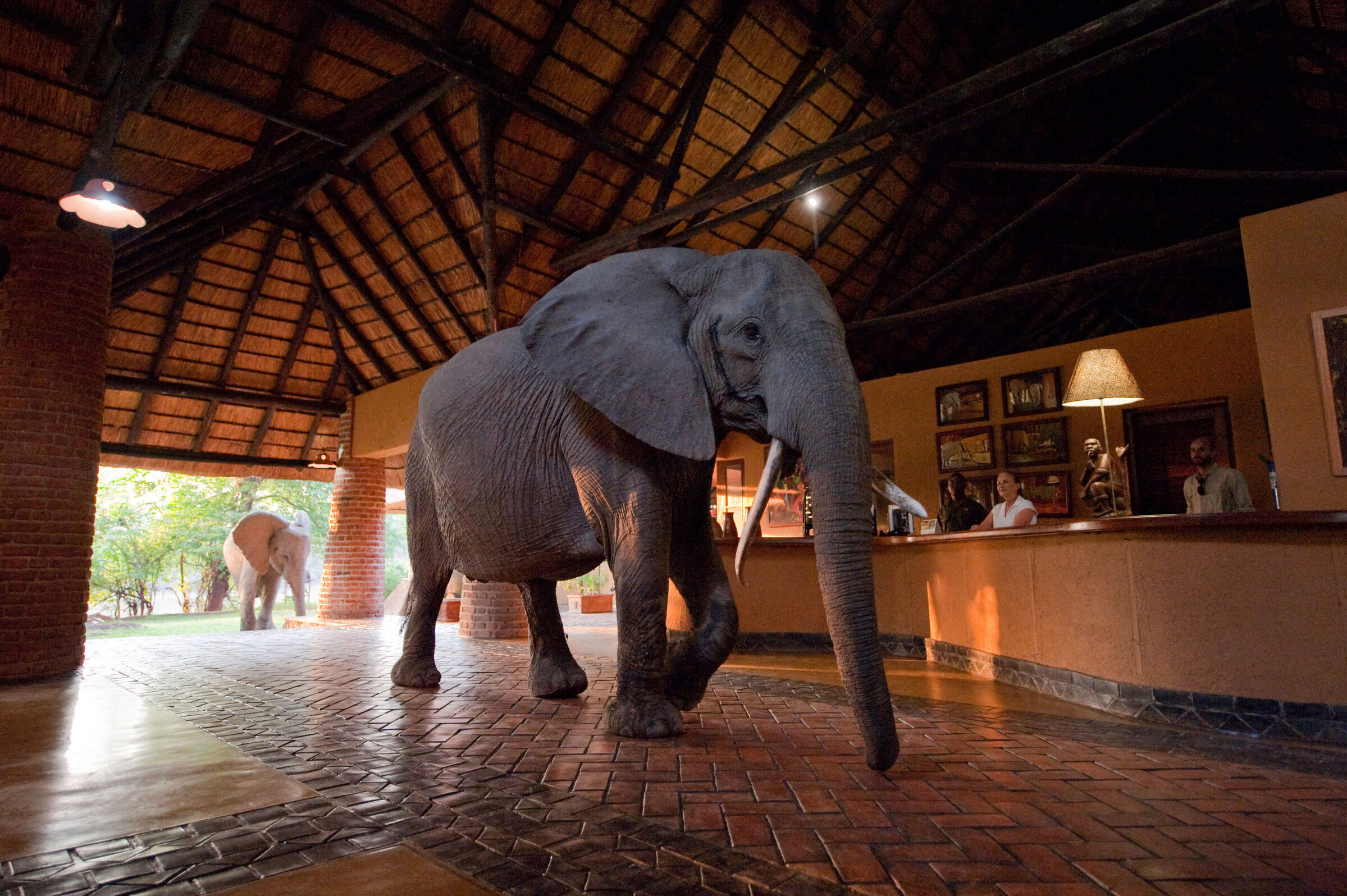
Mfuwe Lodge
In a game-rich area close to the South Luangwa’s main Mfuwe Gate, Mfuwe Lodge is relatively large by park standards, but it’s stylish, modern and family friendly.
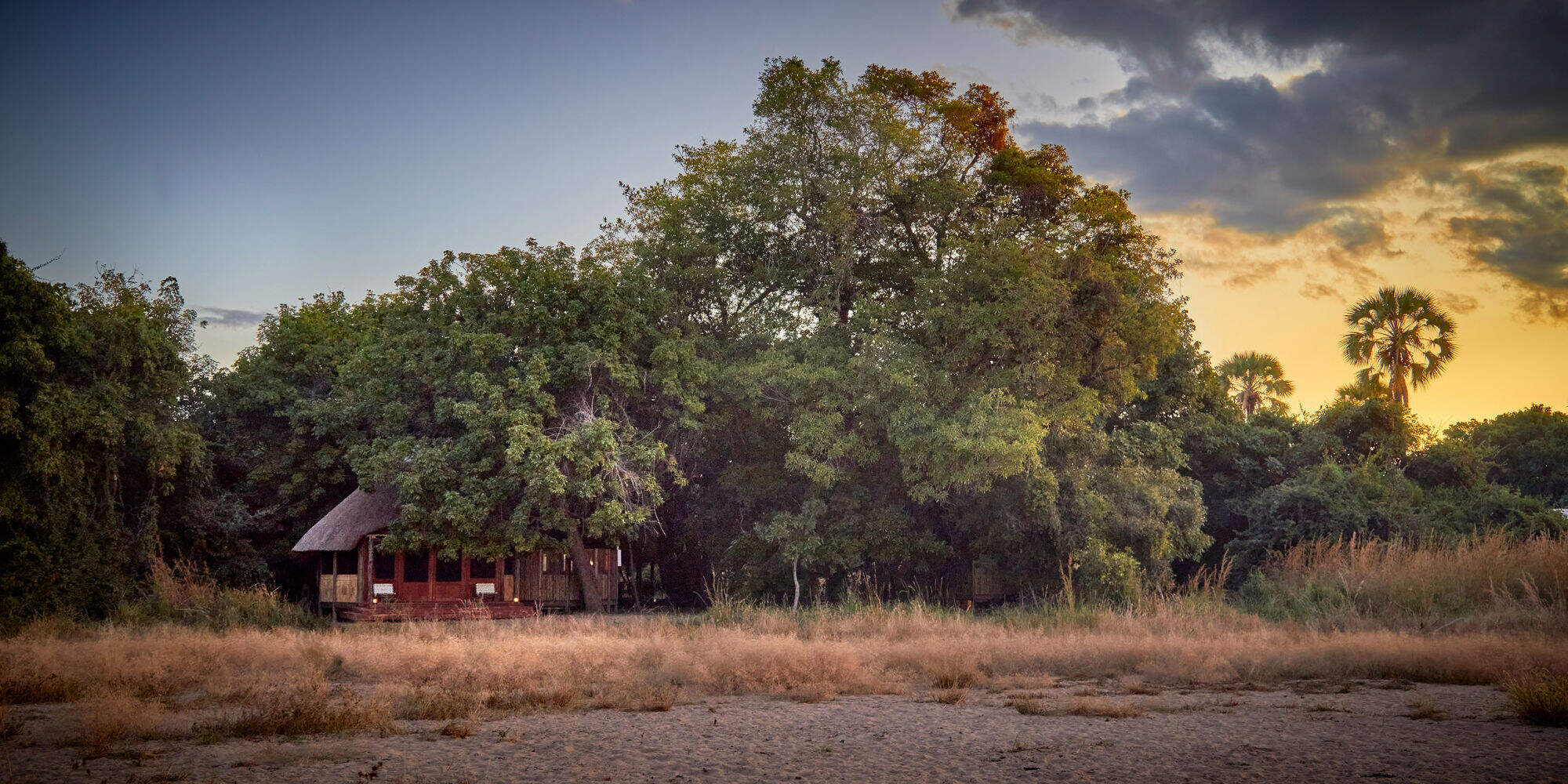
Kuyenda Bushcamp
Kuyenda Bushcamp is a classic bushcamp with particularly delightful hosts and offers top-class walking safaris in South Luangwa National Park.
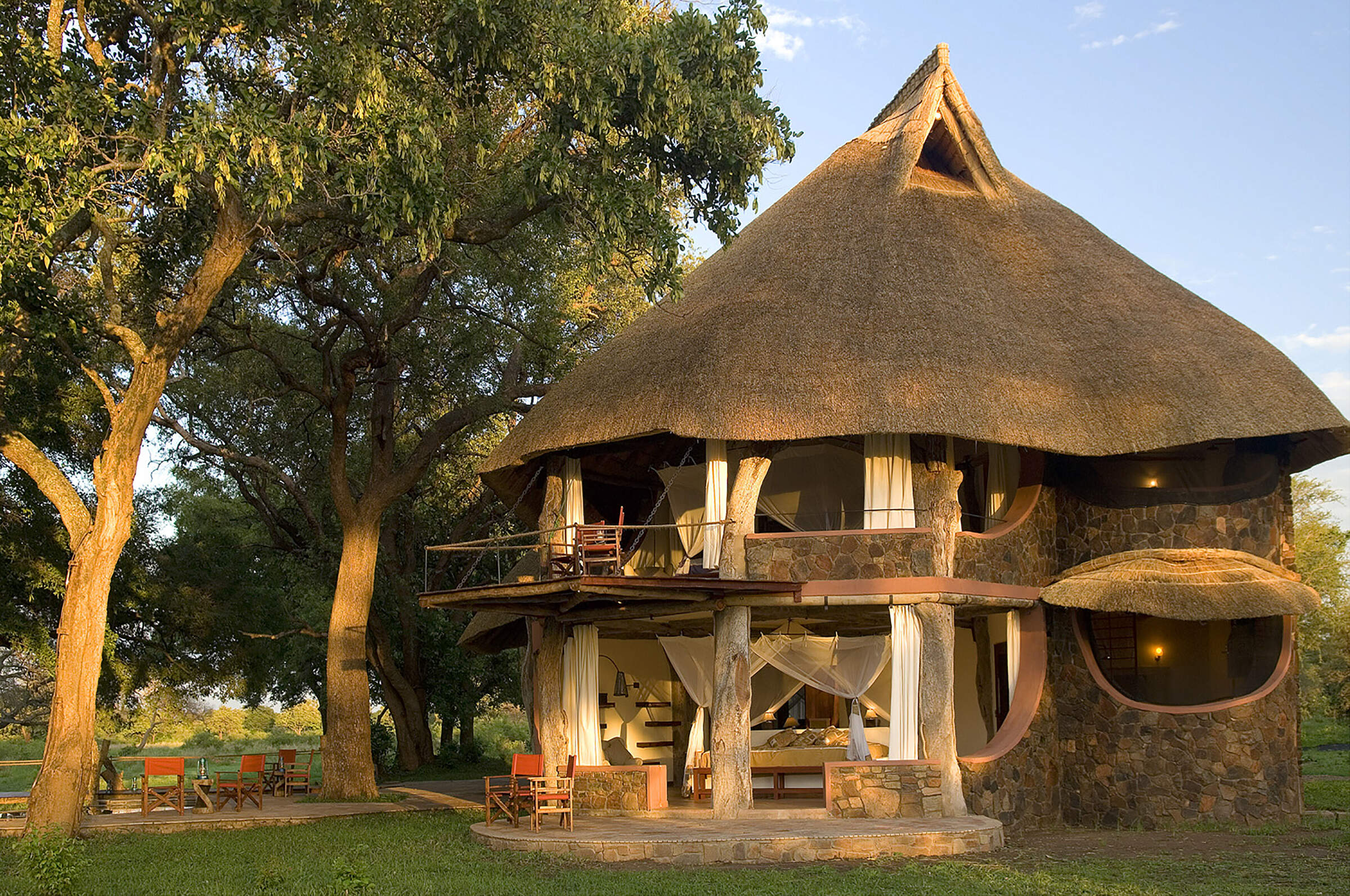
Luangwa Safari House
Luangwa Safari House is a vast and very smart four-bedroom house specifically designed for families and small groups, and offering an exclusive and flexible safari experience.
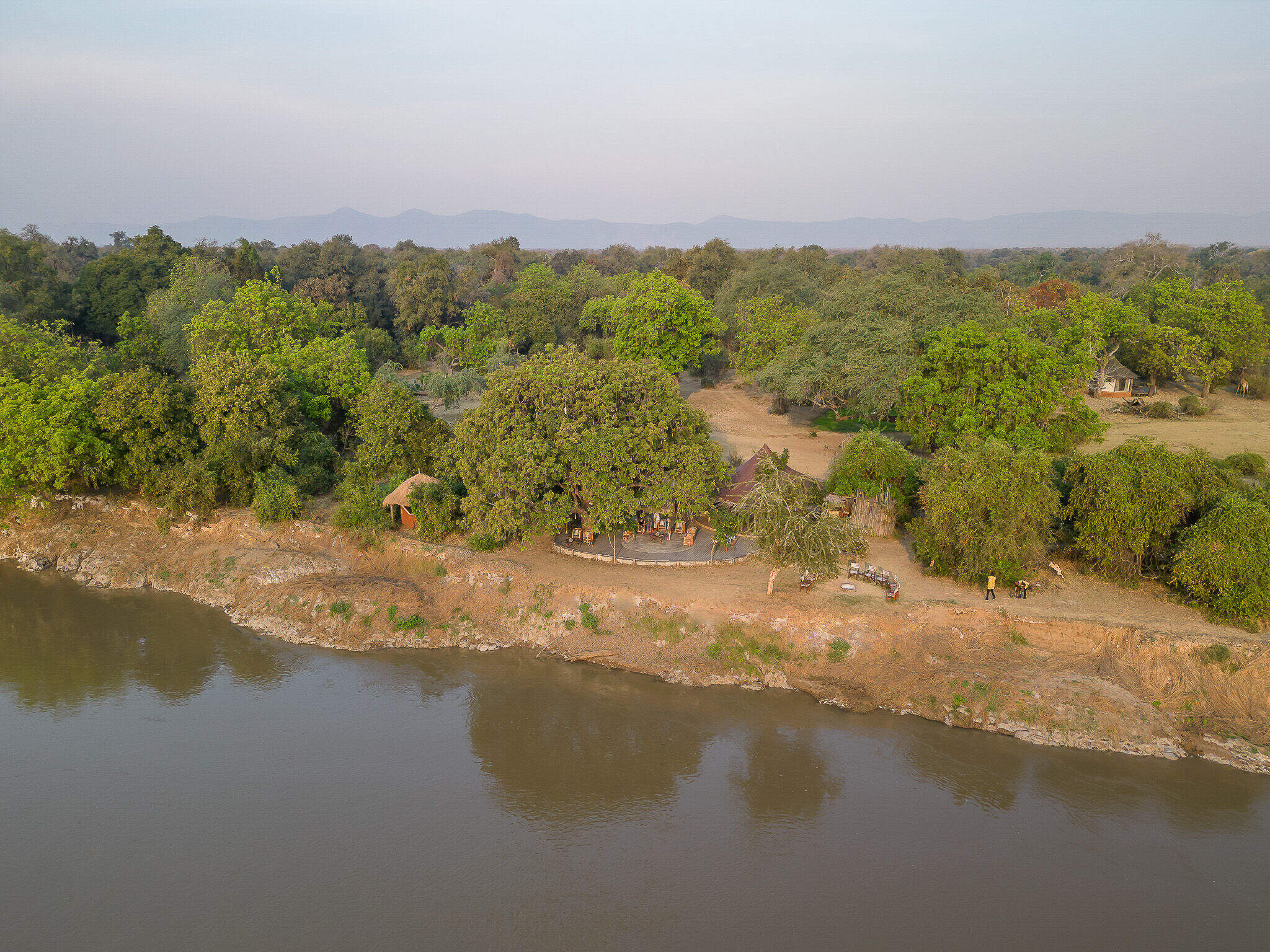
Three Rivers Camp
In the remote far south of South Luangwa National Park, Three Rivers Lodge sits at the confluence of three of the valleys rivers.
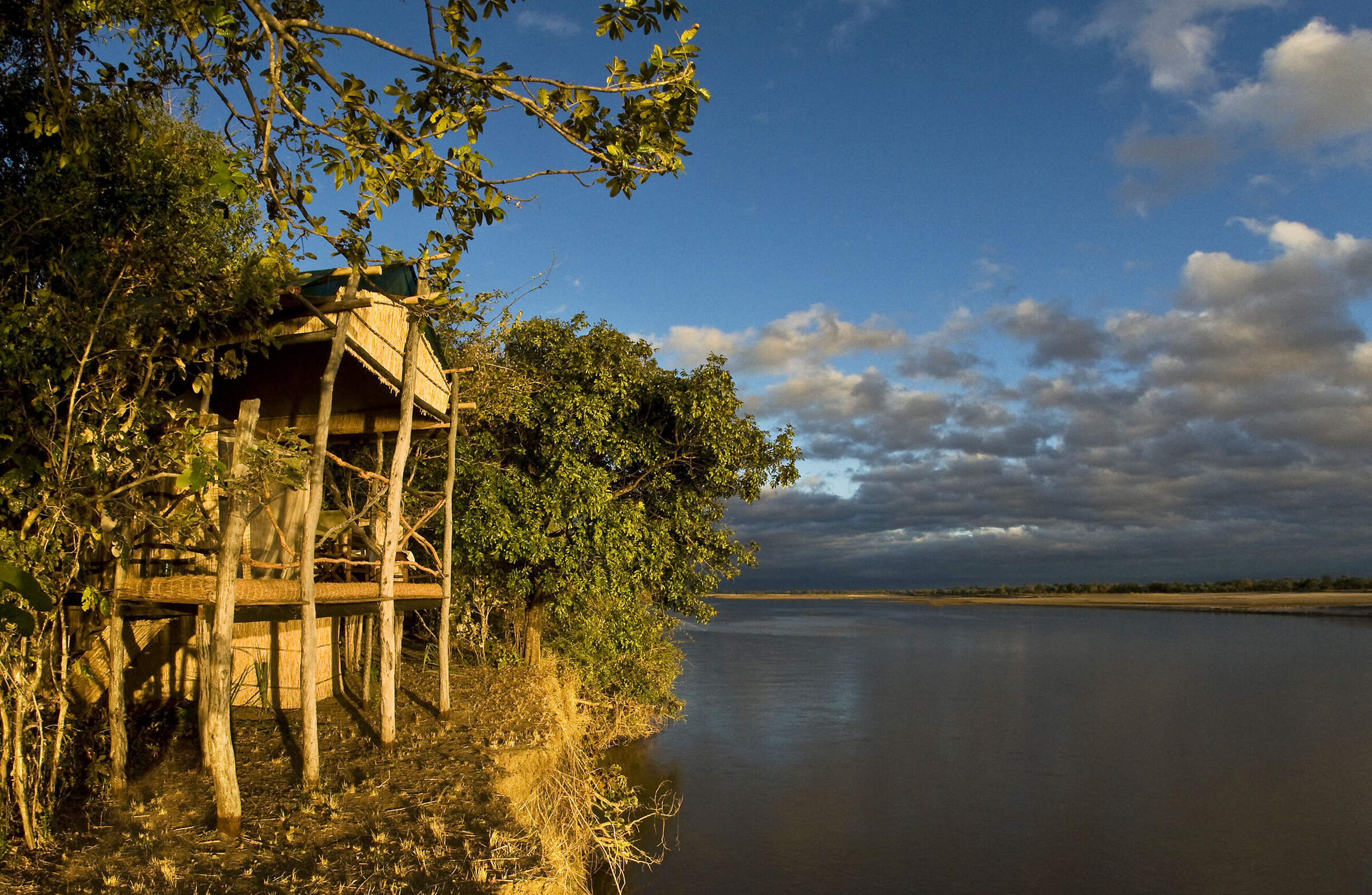
Island Bush Camp
Island Bushcamp is a good-value, rustic, walking-only camp, in arguably one of the most remote parts of the South Luangwa, well away from all other camps.
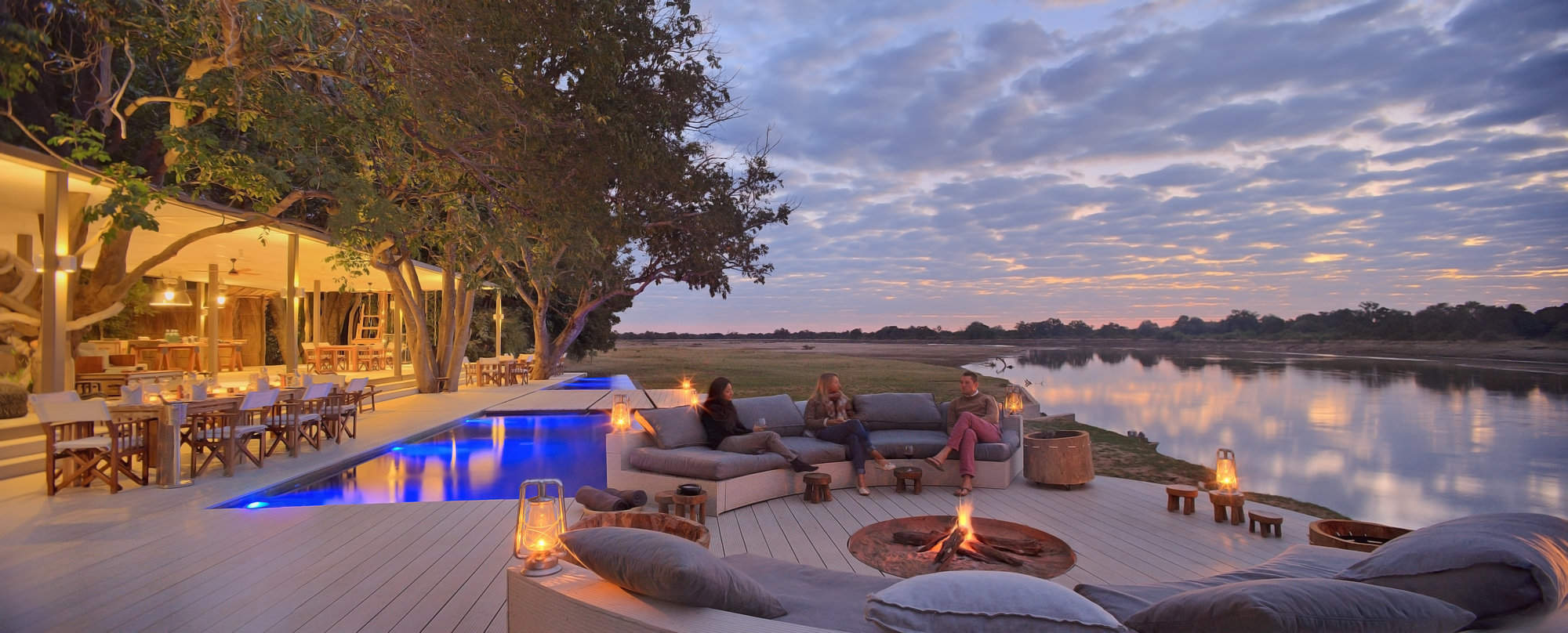
Chinzombo
Opened in early June 2013, Chinzombo offers luxurious and stylish accommodation with very high levels of service and excellent guiding.
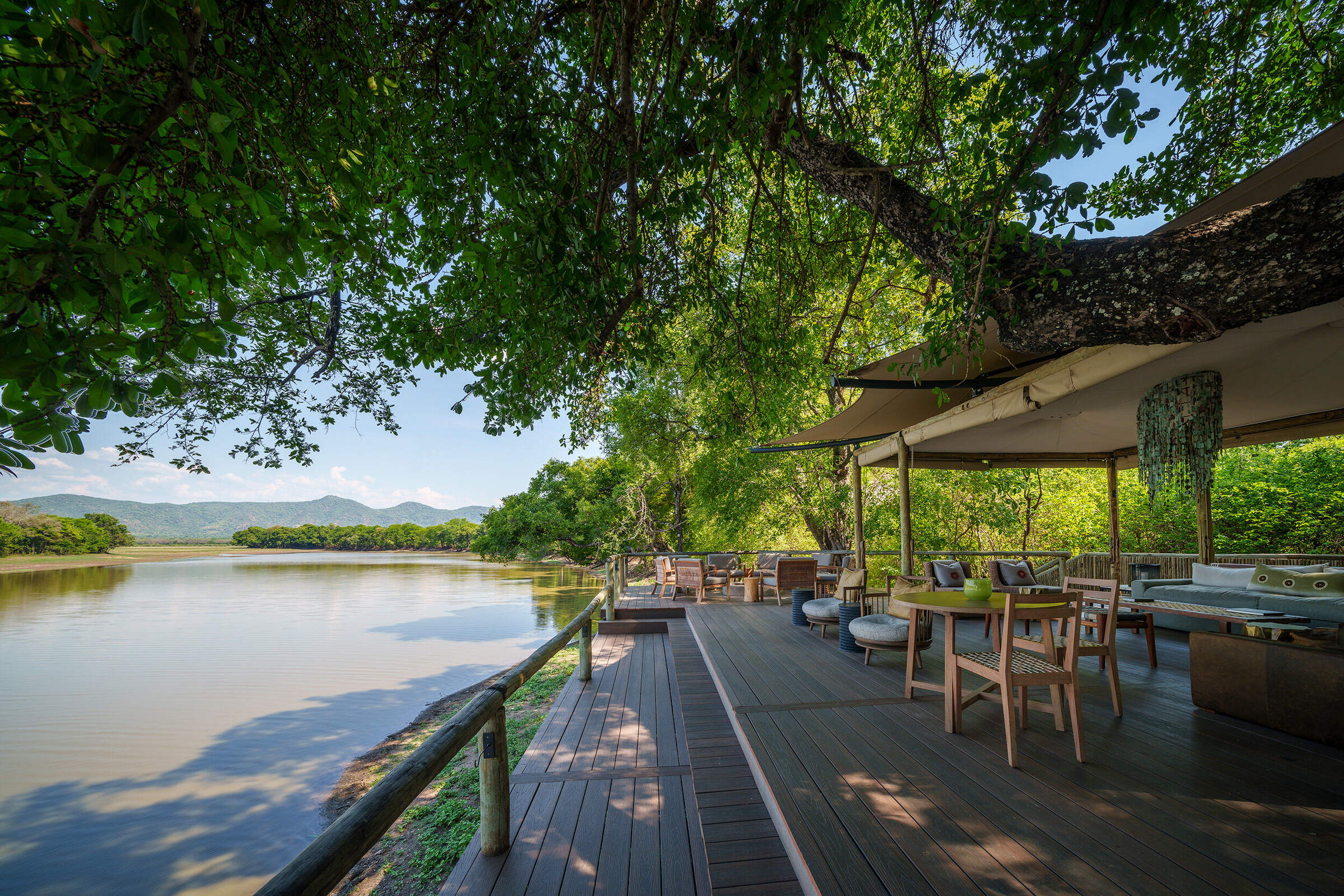
Chindeni
Chindeni Bushcamp is a very modern and minimalist camp, which is a far cry from your traditional bushcamp and unlike most of the other camps in South Luangwa.
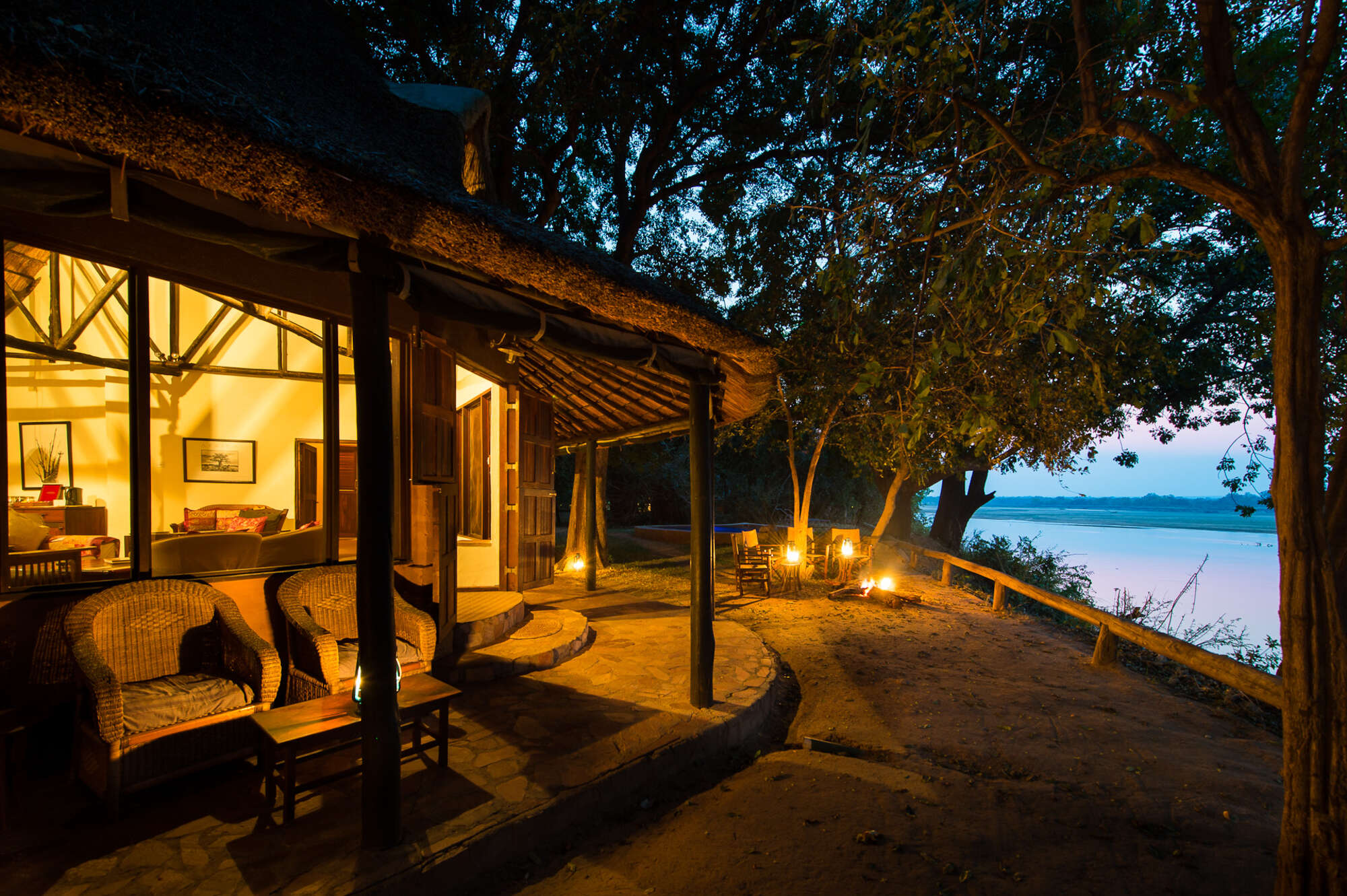
Robin's House
With your own expert guide, private vehicle, chef and valet, the two-bedroom Robin's House offers an exclusive, flexible safari experience – and is open year round.
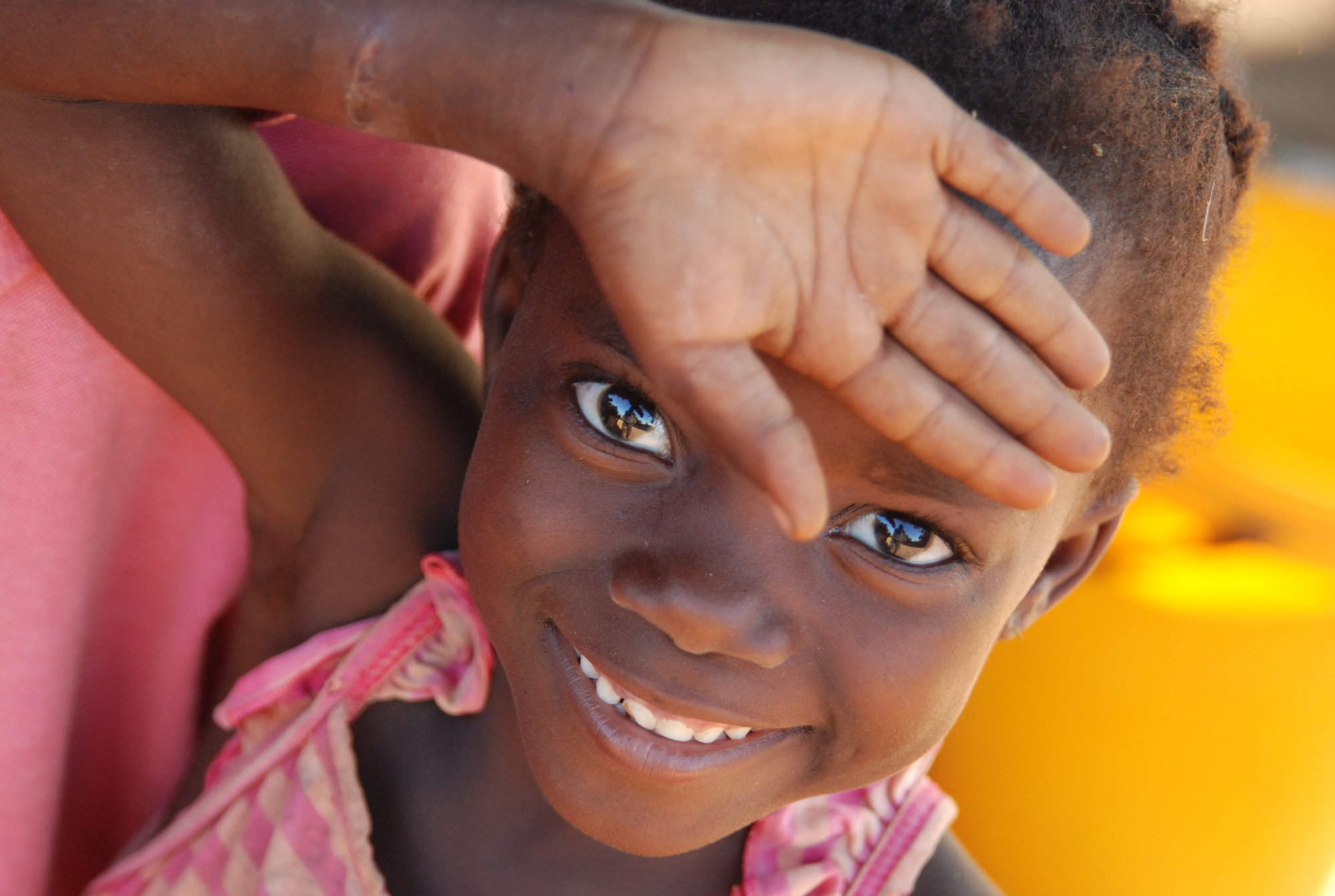
Kawaza Village
Kawaza Village – beside the South Luangwa National Park, offers guests the rare opportunity to appreciate local village life. Visit for a few hours or stay overnight.
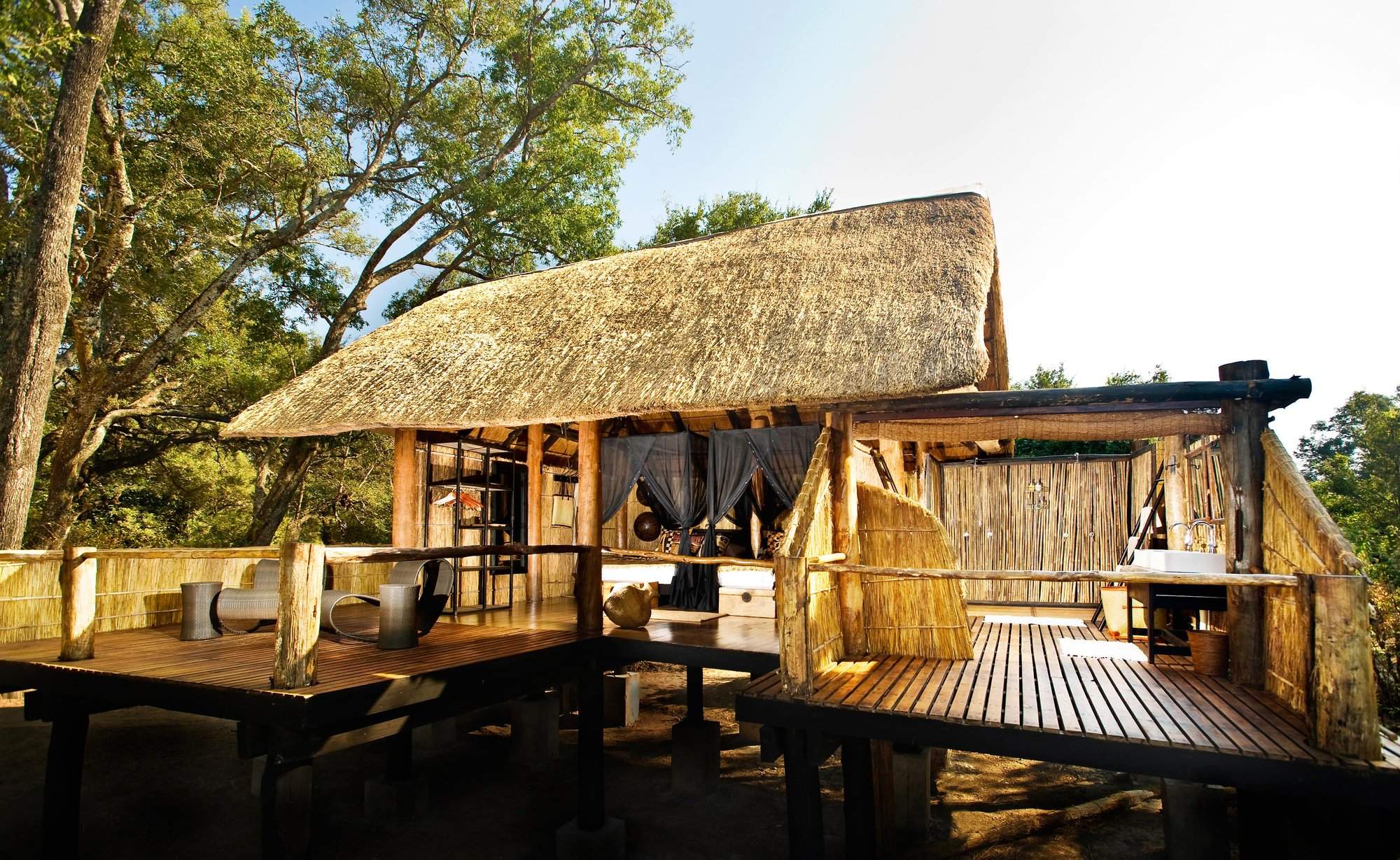
Chamilandu Bushcamp
A comfortable little bushcamp, Chamilandu has a picturesque setting by the Luangwa River, in an area with a range of habitats to explore on foot and by 4WD.
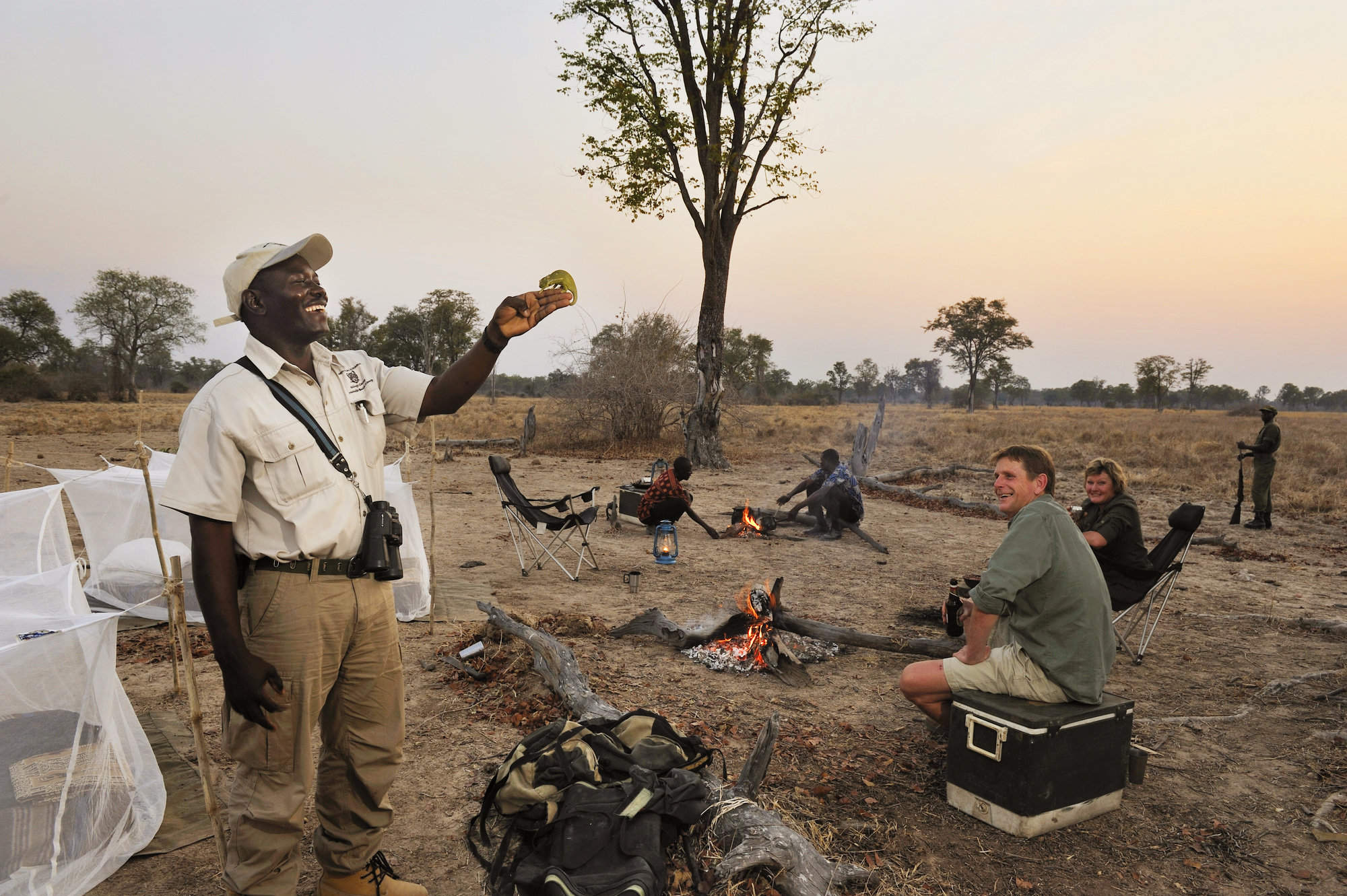
Mwamba Camp-out
The Mwamba-Camp Out allows you to have an incredibly adventurous night in the bush, sleeping under mosquito nets with activities led by some of the best guides in Zambia.
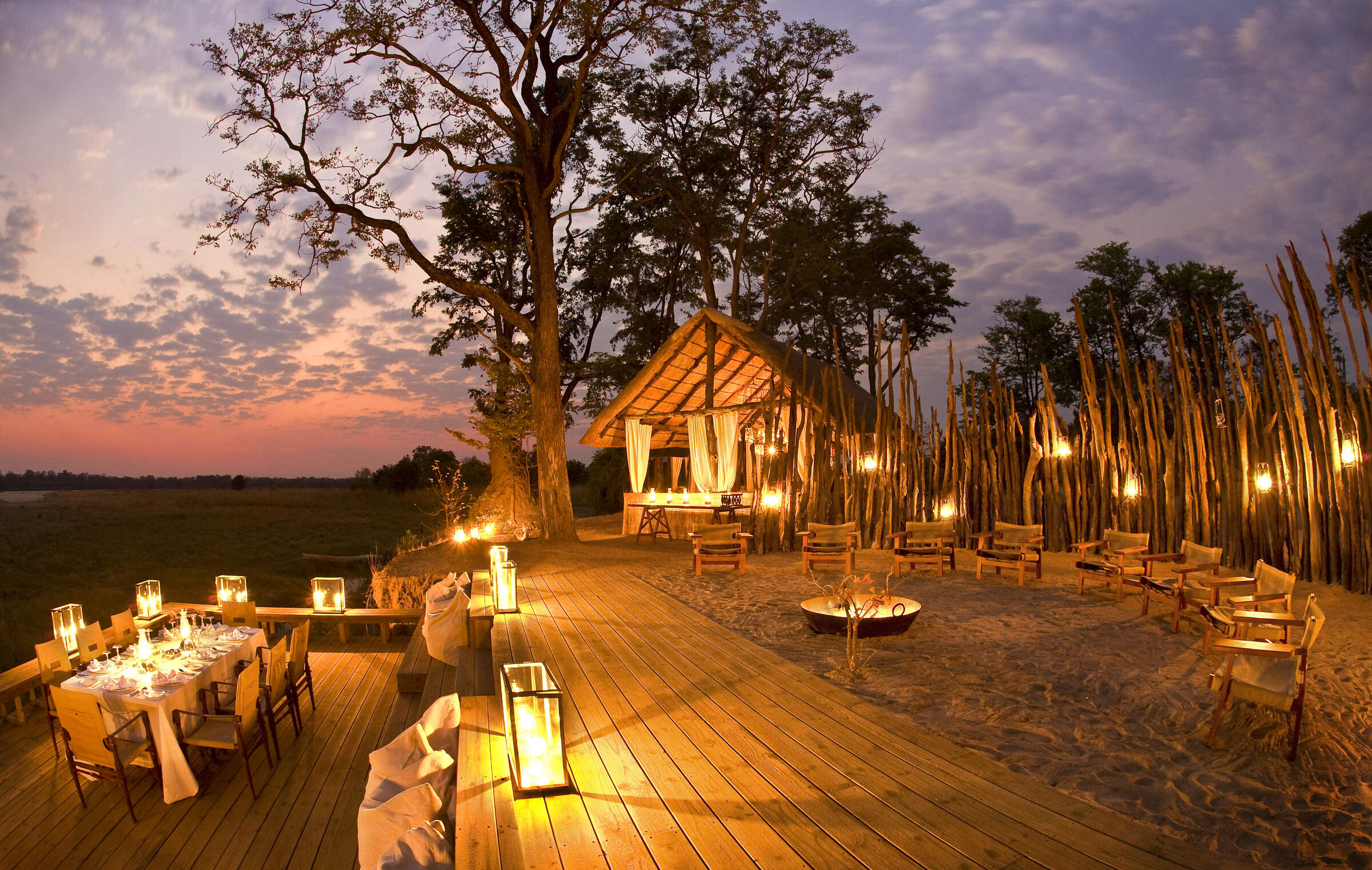
Zungulila
Zungulila is a small, comfortable tented bushcamp with an emphasis on walking safaris, in the remote southern section of the South Luangwa.
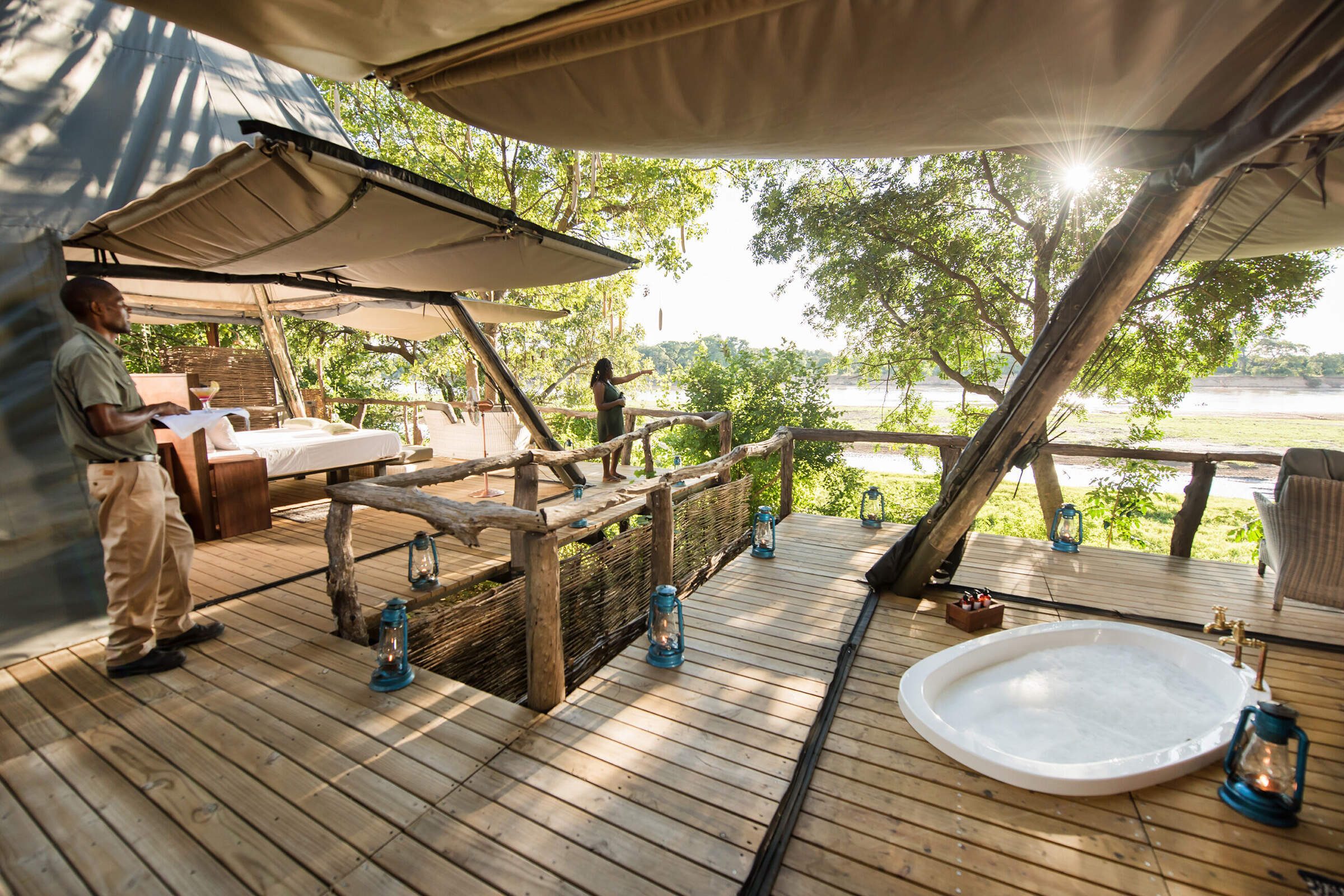
Shawa Luangwa
Opened in June 2021, Shawa Luangwa Camp is a small, intimate and rustic camp, with a good location in a remote section of the South Luangwa National Park.
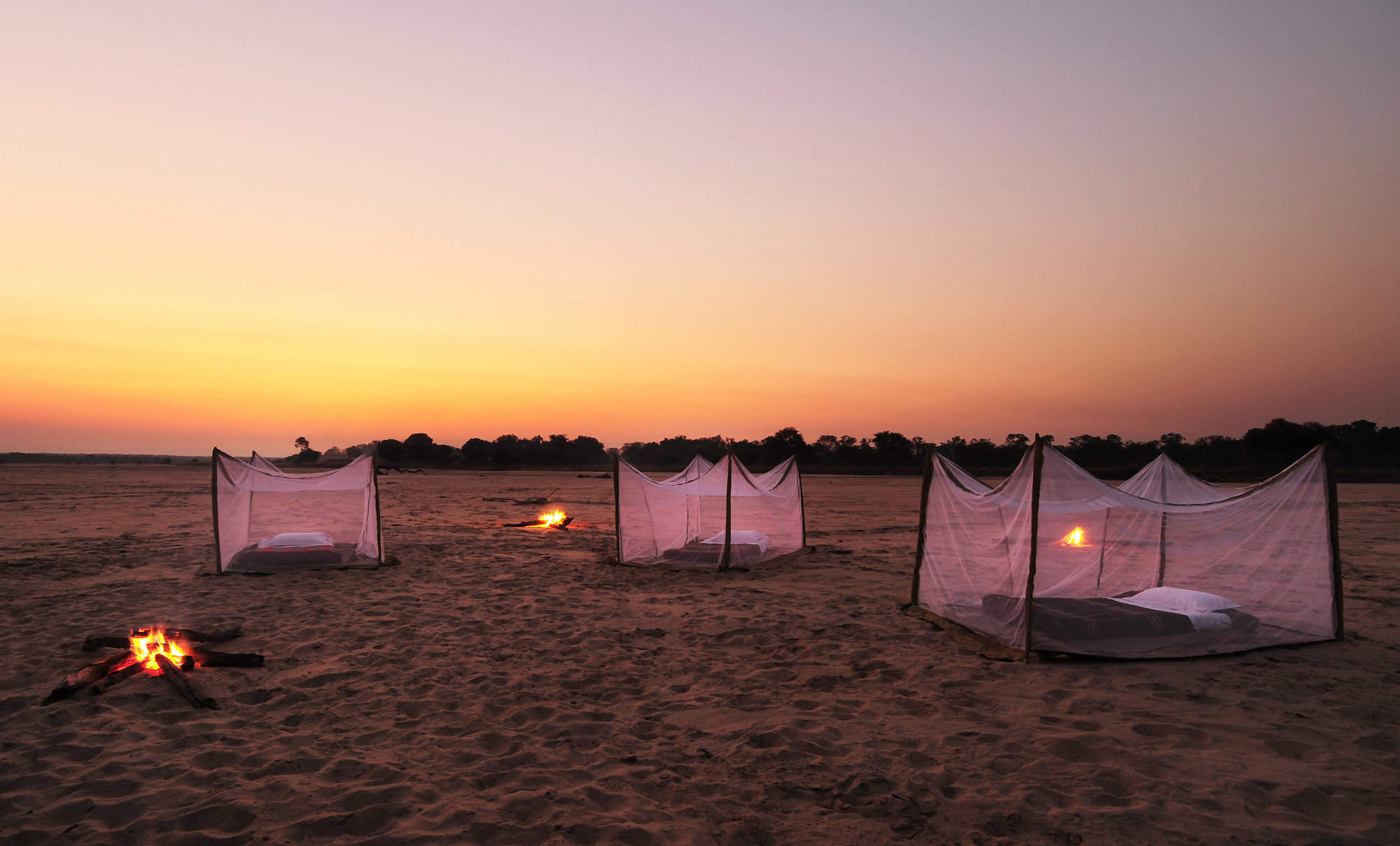
Luwi Riverbed Sleepout
For an adventurous night in South Luangwa National Park, come and sleep out in the bush, around a campfire, with an experienced guide and game scout.
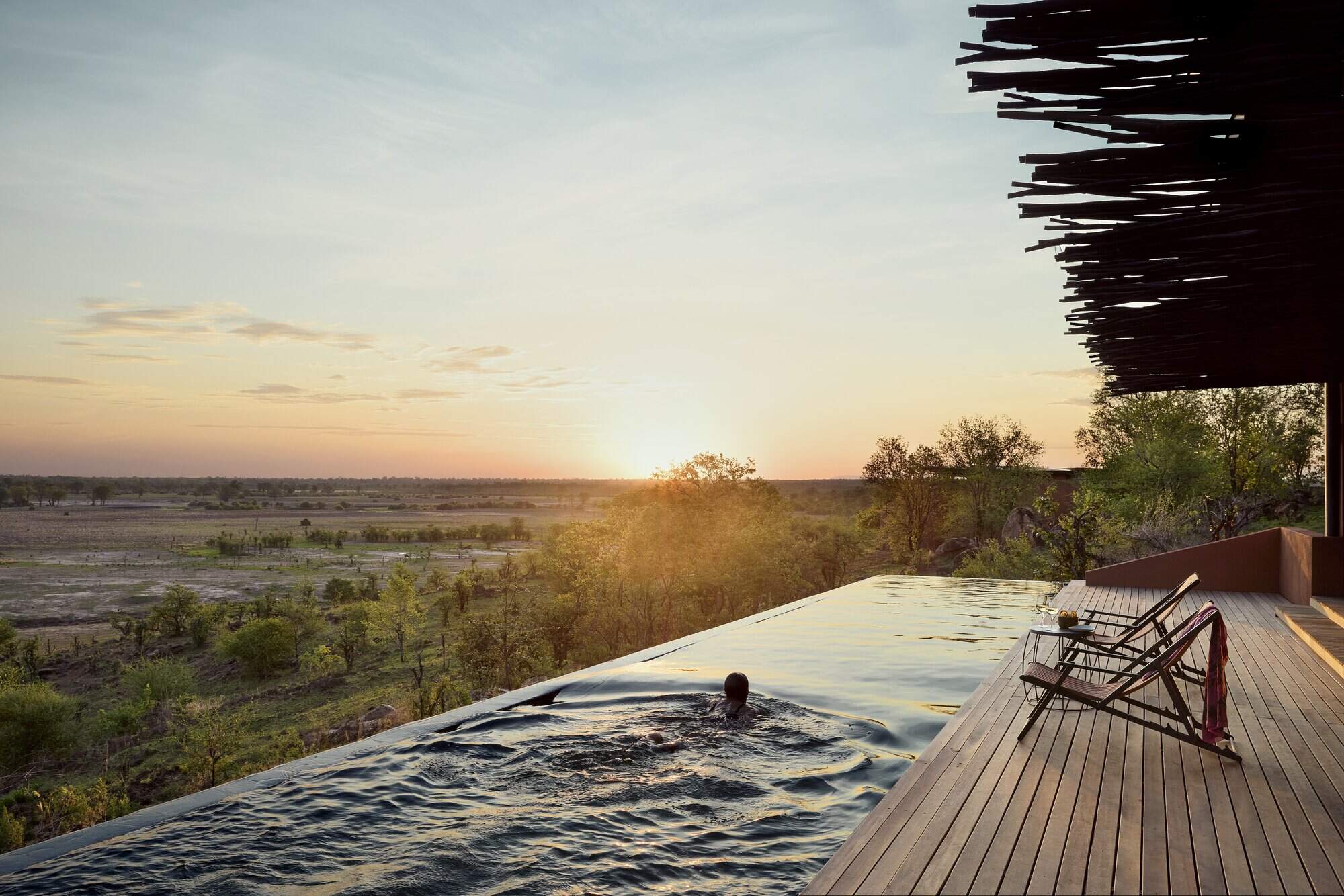
Chichele Lodge
Currently in the final stages of an extensive rebuild, Chichele Presidential Lodge stands high within the park, with superb views, and is due to reopen in early 2025.
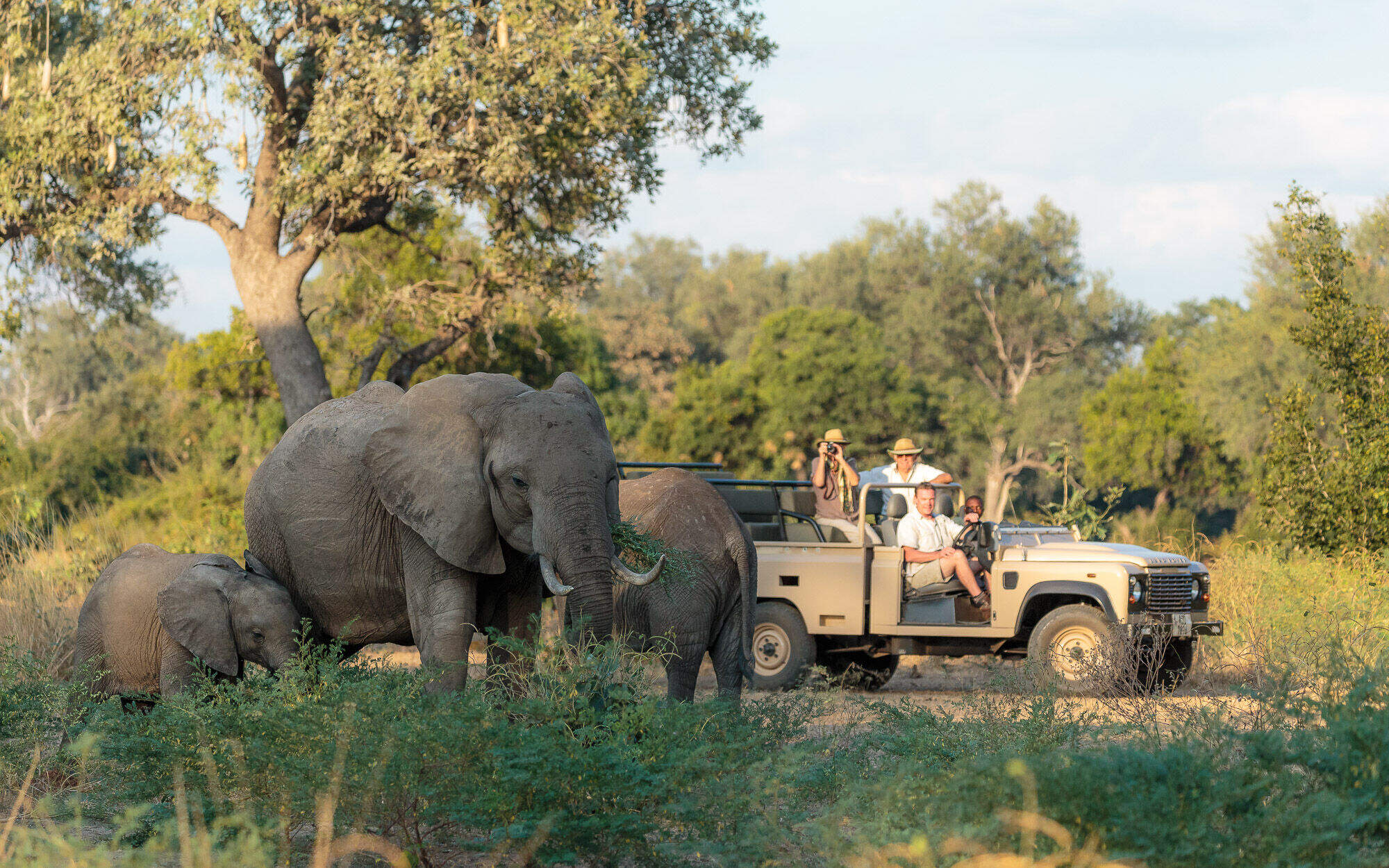
Nkonzi Camp
A simple and rustic bush camp, Nkonzi has a strong focus on walking safaris in this remote section of Zambia’s South Luangwa National Park.
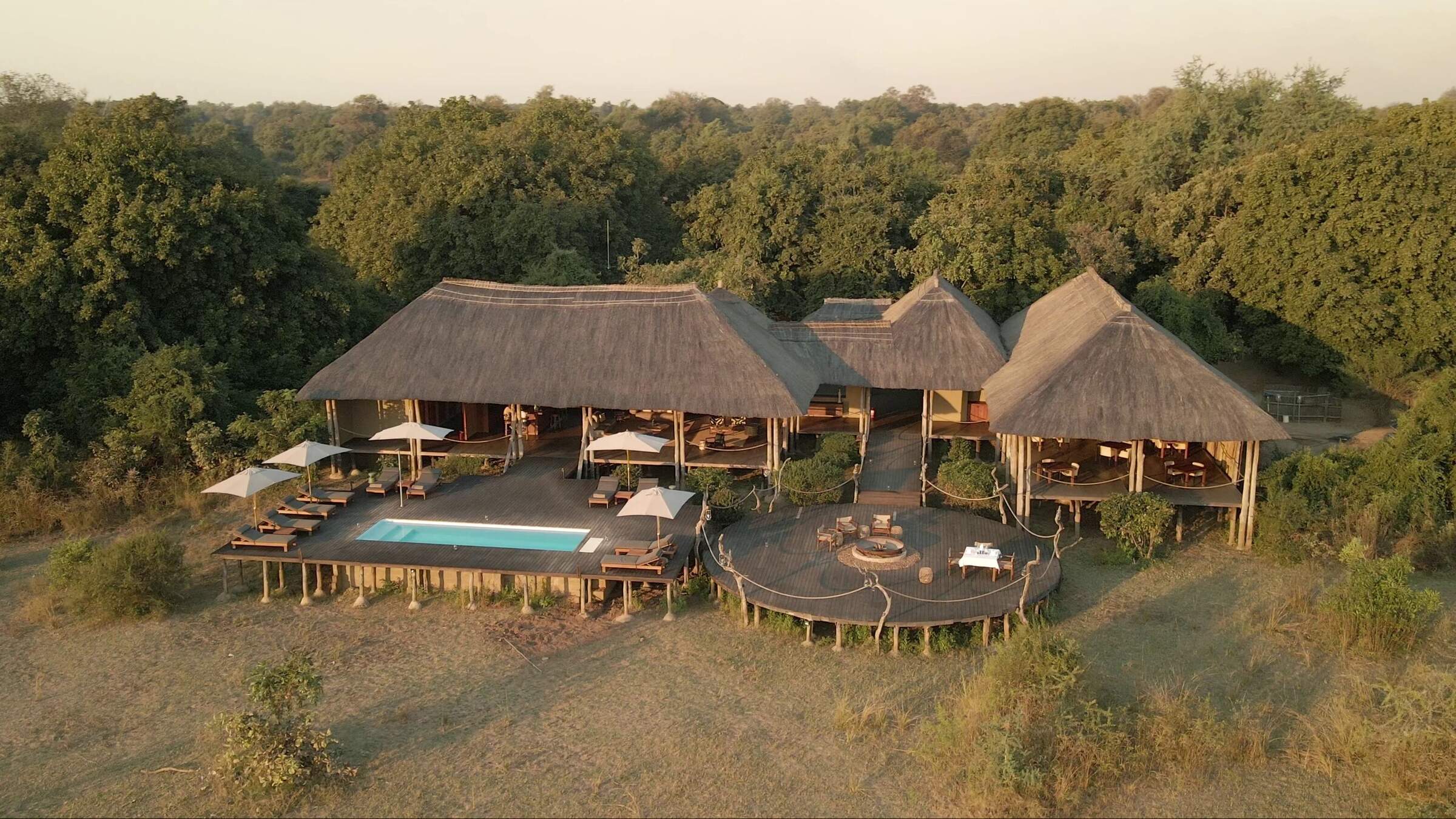
Chikunto
Chikunto Safari Lodge is a more traditional property in the South Luangwa National Park, sitting on a peninsula of land created by the meandering Luangwa River.
When to go to South Luangwa National Park
Our month by month guide: What it's like to visit Bilimungwe Bushcamp in South Luangwa National Park
Jan
Feb
Mar
Apr
May
Jun
Jul
Aug
Sep
Oct
Nov
Dec
South Luangwa National Park in January
January marks the height of the wet season in South Luangwa. Expect frequent downpours, often lasting a few hours, with intermittent sunny periods. The mercury regularly climbs above 30°C, accompanied by high humidity. The park's landscape is verdant and lush, with crystal-clear air.
However, the abundance of water causes most larger animals to disperse, and the thick vegetation can hinder game viewing. Walking safaris are largely impractical during this time. Migratory birds, many in breeding plumage, boost the area's avian diversity. Most lodges close and the few that remain open offer their lowest rates. Only the central network of all-weather roads is reliably passable for 4WD safaris. Low numbers of visitors ensuring a tranquil park experience for those who do visit.
- Wet season peak, frequent showers
- Most lodges and all bush-camps are closed
- Lush vegetation, ideal for photography
- Large wildlife is scattered, can be challenging to spot
- Few tourists, budget-friendly rates
Our view
This is not a great time to visit
Weather in January
South Luangwa National Park in February
February continues the ‘green season’ trend in South Luangwa National Park, with impressive thunderstorms delivering short bursts of rain most days, punctuated by clear skies. The park remains awash with water, affecting wildlife distribution and lodge operations.
Dense vegetation limits game viewing opportunities on safari and walking safaris aren’t usually possible. However, the swollen Luangwa River allows for unique boating experiences unavailable during drier months. Despite challenging conditions, patient visitors may be rewarded with sightings of animals caring for their young. The handful of operational lodges maintain low rates, and the park sees few visitors during this period.
- Continued wet season, regular downpours
- All bush-camps and most lodges are closed
- Verdant scenery, photogenic landscapes
- Game viewing challenging due to thick foliage
- Low visitor numbers, economical pricing
Our view
This is not a great time to visit
Weather in February
South Luangwa National Park in March
March signals the tail end of South Luangwa's rainy season, with heavy showers still frequent. Water levels peak, so driving off the park’s all-weather road network remains challenging. Daytime temperatures consistently exceed 30°C, with rain-induced humidity remaining high.
Most lodges are still closed, and thick vegetation continues to impact game viewing and walking safaris. However, this period can offer exceptional sightings of animals with their offspring, and predator activity often increases. Wild dogs have historically been particularly active in the park during this time. The combination of clear air and increasingly blue skies provides excellent photographic opportunities. Birdwatching remains superb as migratory species prepare for their winter journey.
- Wet season persists, intermittent rain
- Many lodges remain closed
- Abundant greenery, picturesque settings
- Young animals plentiful, but hard to see
- Minimal crowds, cost-effective travel
Our view
This is not a great time to visit
Weather in March
South Luangwa National Park in April
April represents a transitional period in South Luangwa National Park as the rains shift from intense downpours to lighter, less frequent showers. The park's scenery remains incredibly green and vibrant, though larger wildlife can be harder to spot on safaris.
Some lodges begin to reopen while seasonal bushcamps remain closed as they prepare for the upcoming dry season. The Luangwa River reaches often its highest level in April, creating a spectacular sight. Despite the challenges, this period can offer unique experiences for those willing to brave the unpredictable conditions – and accept a greatly reduced choice of places to stay.
- Wet season waning, occasional showers
- Some lodges begin reopening
- Landscape still lush, great for photographers
- Wildlife viewing slowly improving
- Few visitors, attractive off-season rates
Our view
This is not a great time to visit
Weather in April
South Luangwa National Park in May
May is a lovely month; it typically heralds the start of the dry season in South Luangwa. While occasional showers may occur, most days are clear and sunny. As winter approaches, temperatures begin to drop, with daytime highs around 26°C.
The drying landscape improves access within the park, and most lodges reopen. Some standing water remains, but game viewing noticeably improves as the vegetation thins out. The clear air continues to benefit photographers. Late May is very popular among the Luangwa’s ‘safari regulars’ who seek to capitalise on good weather, improved wildlife sightings, newly-opened camps (including some seasonal bush-camps) and the final weeks of low-season rates at many lodges.
- Dry season onset, clearer skies
- Most lodges and some bush-camps operational
- Vegetation still green, crisp air
- Game viewing conditions improving
- Last month for lower accommodation prices
Our view
A good time to visit, with pros & cons
Weather in May
South Luangwa National Park in June
June in South Luangwa National Park is characterised by virtually rainless days and abundant sunshine. Humidity levels plummet, and winter's approach brings cooler temperatures, with nighttime lows around 10°C and daytime highs of 25°C.
The landscape remains lush, but the thinning vegetation significantly enhances visibility for game viewing, the conditions are ideal for walking safaris. All the lodges and bushcamps in the park are operational by early June. While some offer shoulder season rates, others are already running with high-season pricing. Wildlife begins to concentrate around water sources, setting the stage for excellent game viewing in the coming months.
- Consistently sunny, cooler nights
- All South Luangwa lodges open
- Wildlife sightings becoming more frequent
- Ideal conditions for walking safaris
- Viewing of the Victoria Falls at its best
Our view
A very good time to visit
Weather in June
South Luangwa National Park in July
As the dry season progresses in South Luangwa, July sees vegetation and grasses dying back, with water becoming increasingly scarce. Wildlife congregates around remaining water sources, most notably along the Luangwa River, leading to excellent game viewing opportunities.
July marks the heart of winter, with daytime temperatures in the 20s Celsius, whilst nighttime lows can drop to single digits. Early morning and late evening game drives can be particularly chilly, with lodges often providing blankets and hot water bottles. Bring your hats, coats and gloves! Visitor numbers rise significantly, and space at popular small camps can become limited. Nearly all properties now charge their highest rates.
- Warm days, chilly evenings
- Game viewing notably improved
- Excellent visibility for walking safaris
- High season prices for most camps and lodges
- Comfortable daytime temperatures
Our view
A very good time to visit
Weather in July
South Luangwa National Park in August
August in the national park offers some of the year's best game viewing opportunities. South Luangwa’s vegetation has largely died back, and wildlife clusters around remaining water sources.
Rain is extremely unlikely, with sunny days largely guaranteed, though a haze may sometimes appear on the horizon due to dust and smoke in the air. Nighttime temperatures can dip below 5°C, but daytime highs reach the 20s Celsius. Warm clothing is essential for morning and evening drives. This is one of the most popular months to visit the park for a safari, with lodges and camps charging peak rates and often booking up far in advance.
- Very dry warm days and cold nights
- Prime wildlife viewing near water sources
- Perfect weather for walking safaris
- Peak season means highest prices
- Some haze may affect photography
Our view
Fantastic: the very best time to visit
Weather in August
South Luangwa National Park in September
September is arguably the very best time to visit South Luangwa National Park. It probably hasn’t rained for many months, humidity is low, and temperatures are just beginning to climb.
Mornings are more comfortable for 4WD safaris, rising to daytime typical highs in the low 30s Celsius. Water scarcity forces the wildlife to congregate around remaining sources, particularly around the Luangwa River, where most of the camps and lodges are situated. There high game densities lead to increased chances of inter-species interactions. It’s peak season for lodges and camps charge which are often fully booked. A little haze may affect long-distance views and photography. The Luangwa River's water levels continue to drop, concentrating hippos and crocodiles life in the remaining stretches.
- Dry and hot, clear skies
- Exceptional month for wildlife observation
- Landscape sometimes hazy due to dust and smoke
- Peak season, lodges often fully booked
- Higher prices for accommodation
Our view
Fantastic: the very best time to visit
Weather in September
South Luangwa National Park in October
October sees the dry season peak in South Luangwa at its most intense, with the landscape increasing parched. Occasional showers may occur as the promise of rain approaches. Temperatures can soar above 40°C during the day, rarely dropping below 20°C at night.
This heat can be draining, so walking safaris will set off early in the morning to beat the heat and sitting in an open 4WD on safaris can feel like facing a large hair-drier. Heat-haze and smoke may obscure the horizon as the Luangwa River becomes a series of pools, crowded with hippos and crocodiles. Other wildlife cautiously approaches these water sources, leading to thrilling predator-prey interactions. Game viewing is at its absolute best with the best chance of witnessing hunts.
- Optimal wildlife viewing conditions
- Very hot days and nights
- Dusty, hazy atmosphere is challenging for photos
- Some lodges start lowering their rates
- Less crowded than previous months
Our view
A very good time to visit
Weather in October
South Luangwa National Park in November
November typically witnesses the end of the dry season in South Luangwa. While the onset of rains is unpredictable, temperatures remain consistently high and humidity builds as the wet season approaches.
Early November may still be dry, but spectacular thunderstorms usually arrive, often later in the month, triggering rapid green growth when they do come – and an explosion of life from insects and smaller animals. Everything seems to come to life! When pools of water becomes more readily available away from the Luangwa River the wildlife quickly disperses. Some camps and all the seasonal bush-camps camps close; those that remain open reduce their rates. The rains quickly clear the air of dust and smoke, improving visibility and photographic conditions.
- Unpredictable month: depends on the rains
- Hot and humid – then the set season begins
- Wildlife dispersing as vegetation thickens
- Lower accommodation rates, fewer tourists
- Improved conditions for landscape photography
Our view
A good time to visit, with pros & cons
Weather in November
South Luangwa National Park in December
December usually marks the first full month of South Luangwa's wet season. Heavy thunderstorms become frequent, interspersed with sunny intervals. Daytime temperatures often exceed 30°C, accompanied by high humidity.
The rainfall transforms the landscape, encouraging lush vegetation growth. It’s a time renewal when insects, birds and smaller wildlife abound. While the larger species of wildlife remains in the park, wildlife viewing becomes more challenging due to the thick greenery and dispersed animal populations. Many lodges and all seasonal bush-camps are now closed as access to the park’s outlying areas becomes difficult. The few lodges that remain open offer lower rates and see few visitors. The rains clear the air, restoring vibrant blue skies and crystal-clear air which delights photographers.
- Rainy season in full swing
- Most lodges closed or offering low rates
- Wildlife harder to spot in thick vegetation
- Few visitors, budget-friendly period
- Lush green scenery, very photogenic landscapes
Our view
This is not a great time to visit
Weather in December

Looking for inspiration on where to travel next?
Visit our trip chooser to explore your options and find inspiration for your perfect African adventure
Inspire me